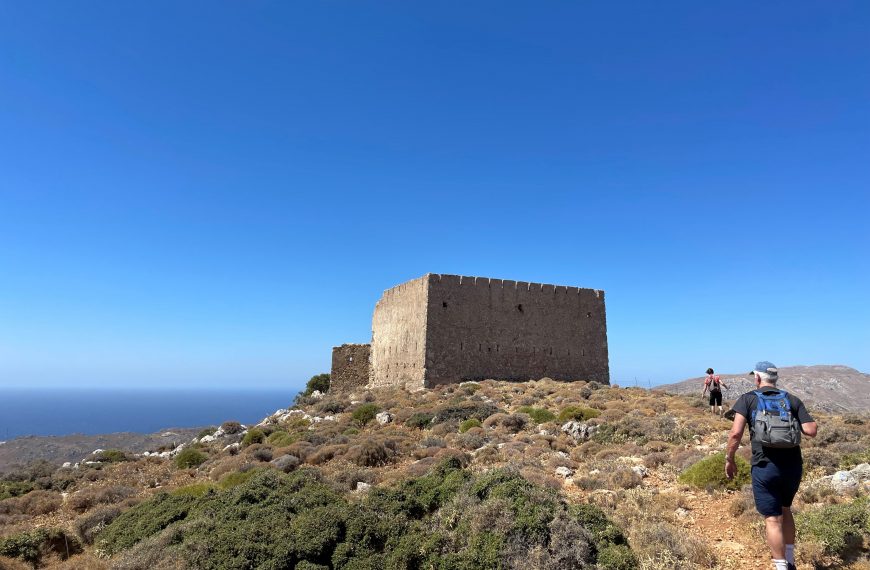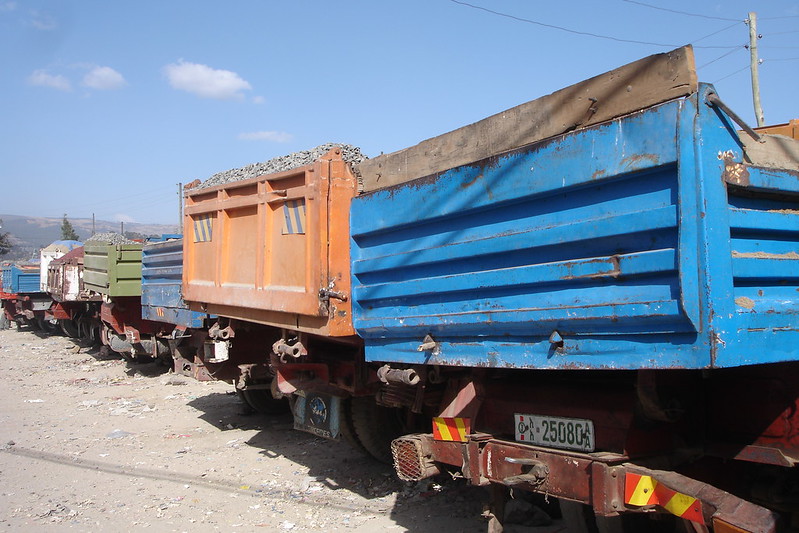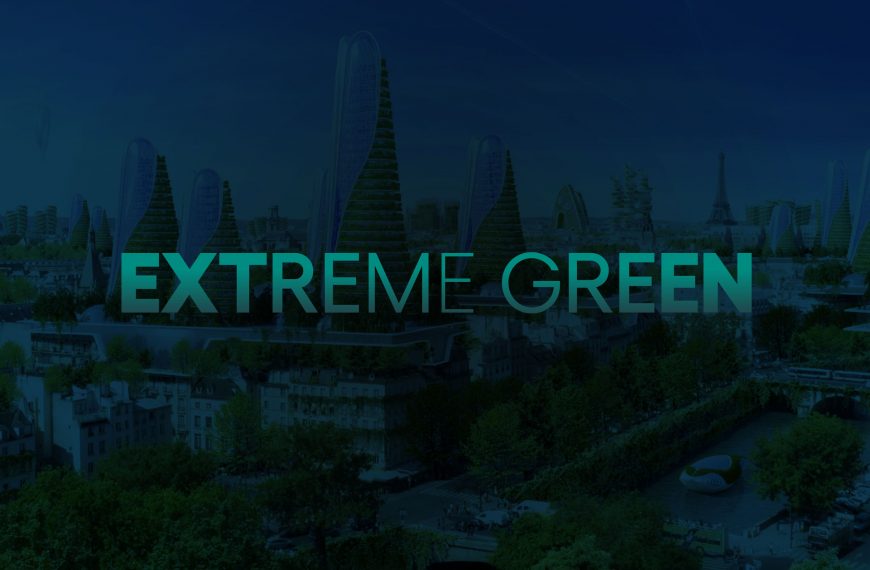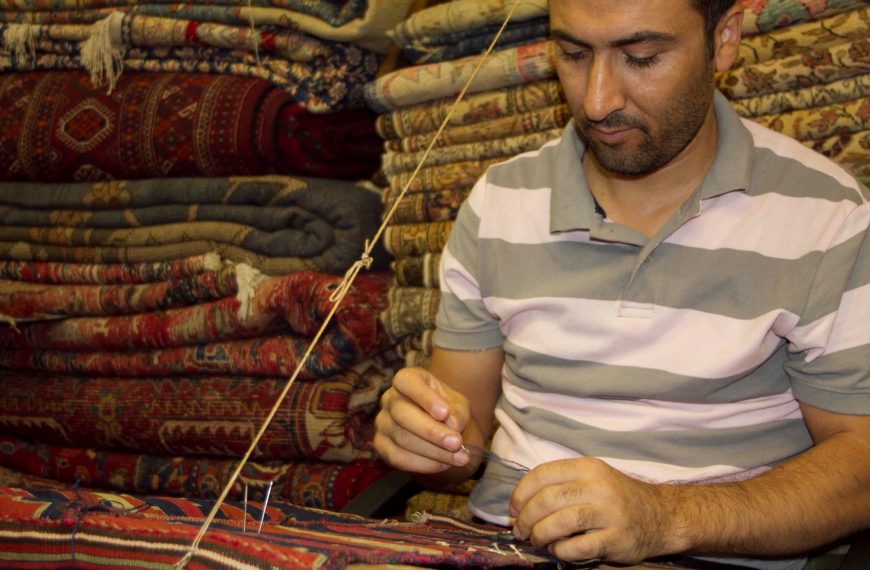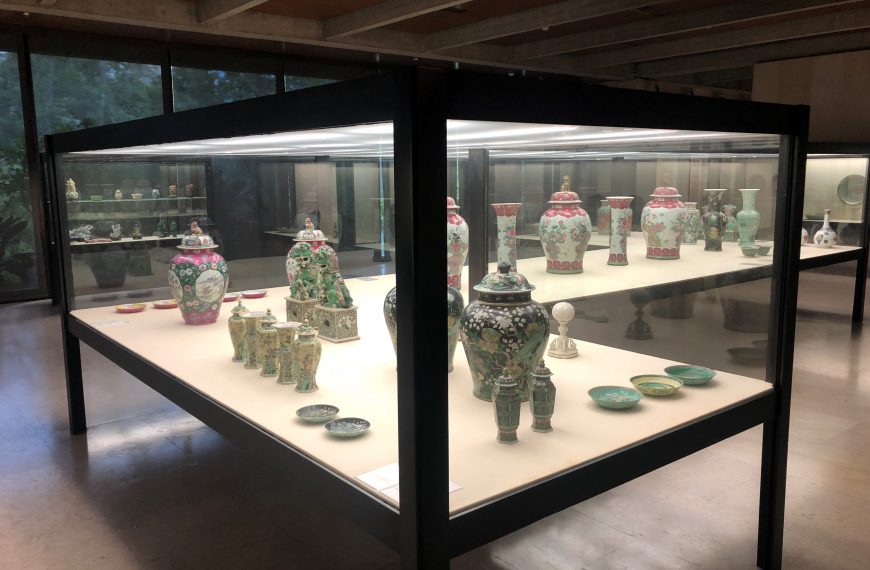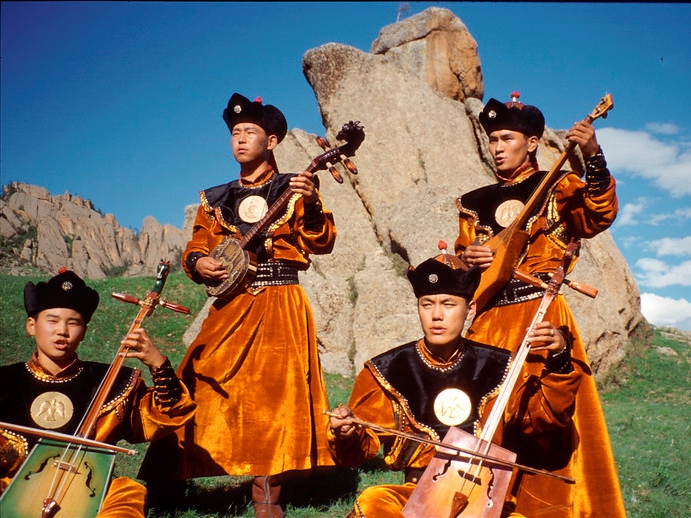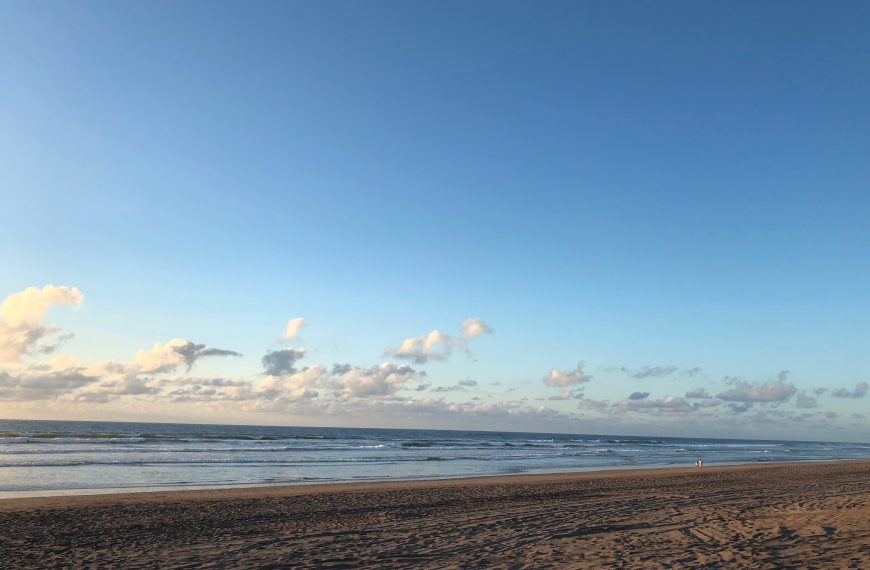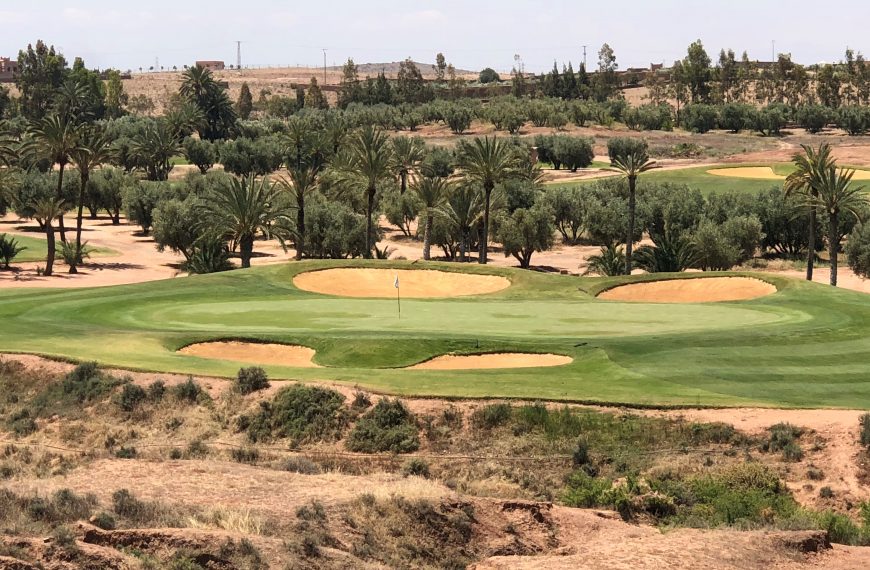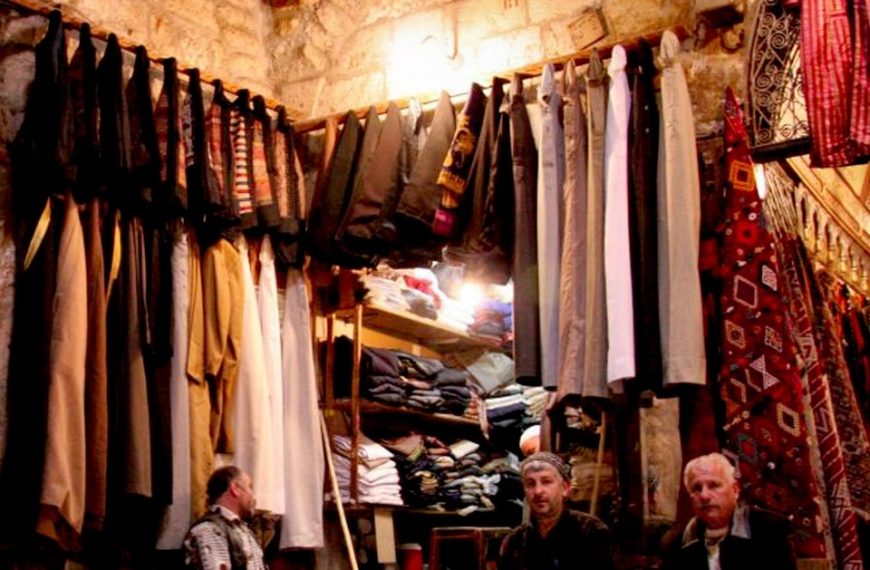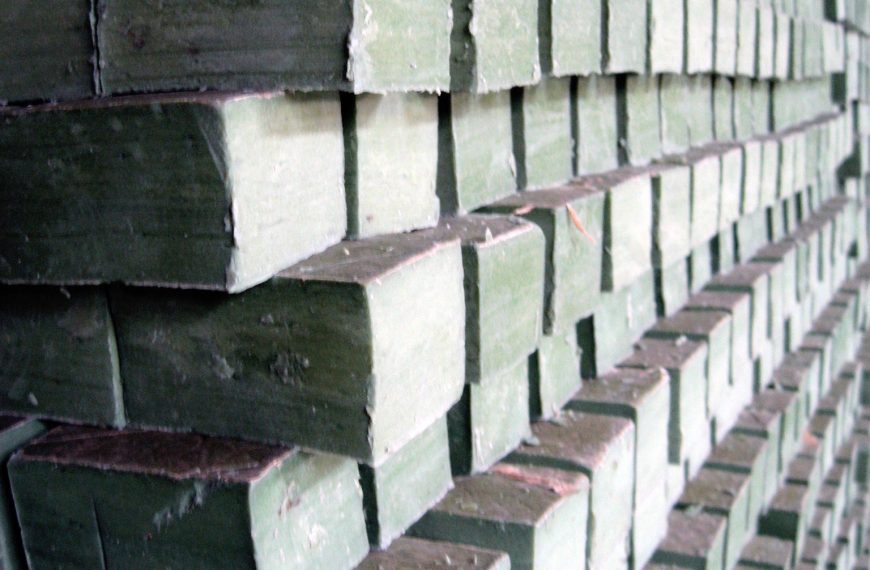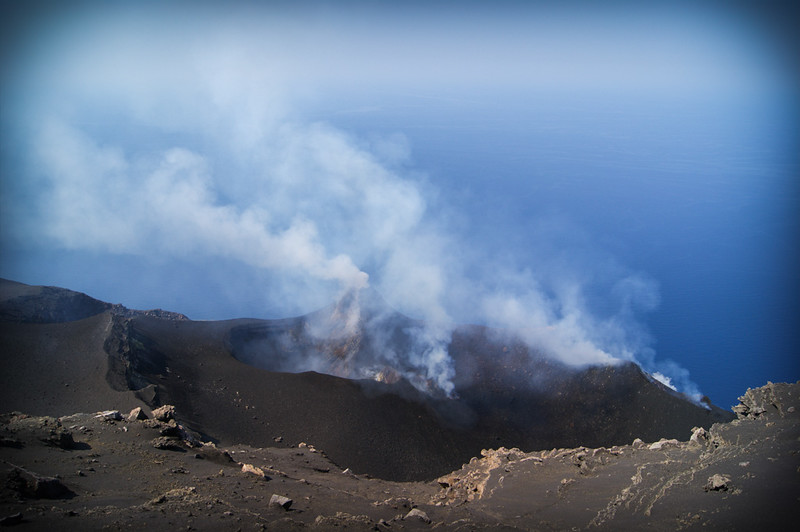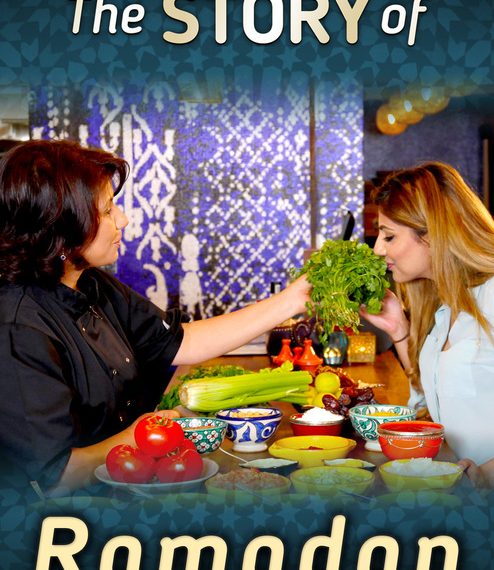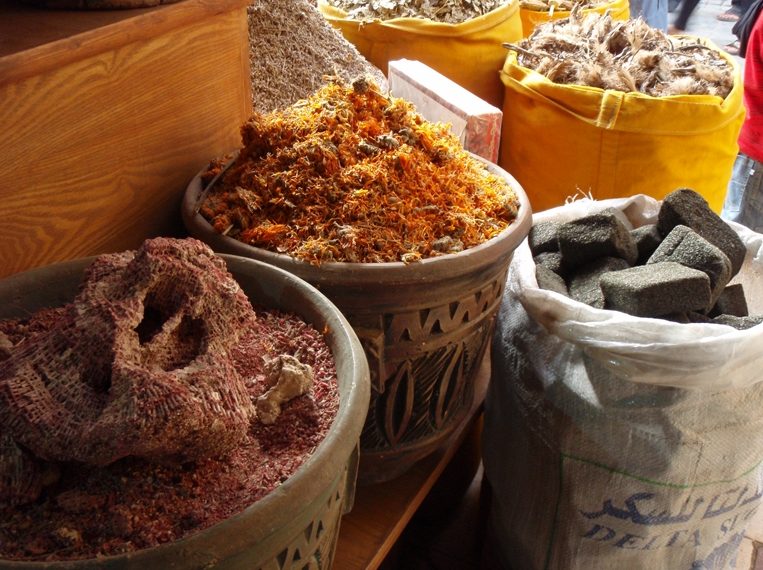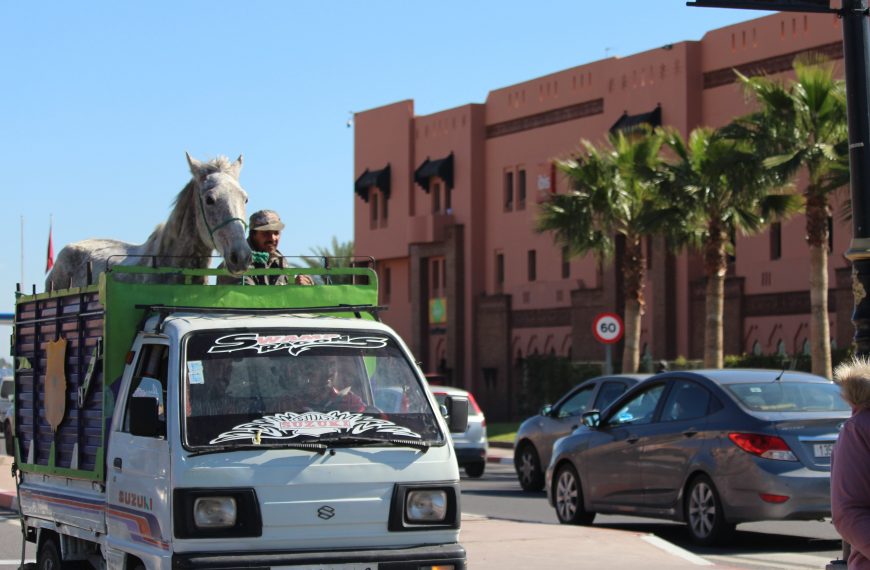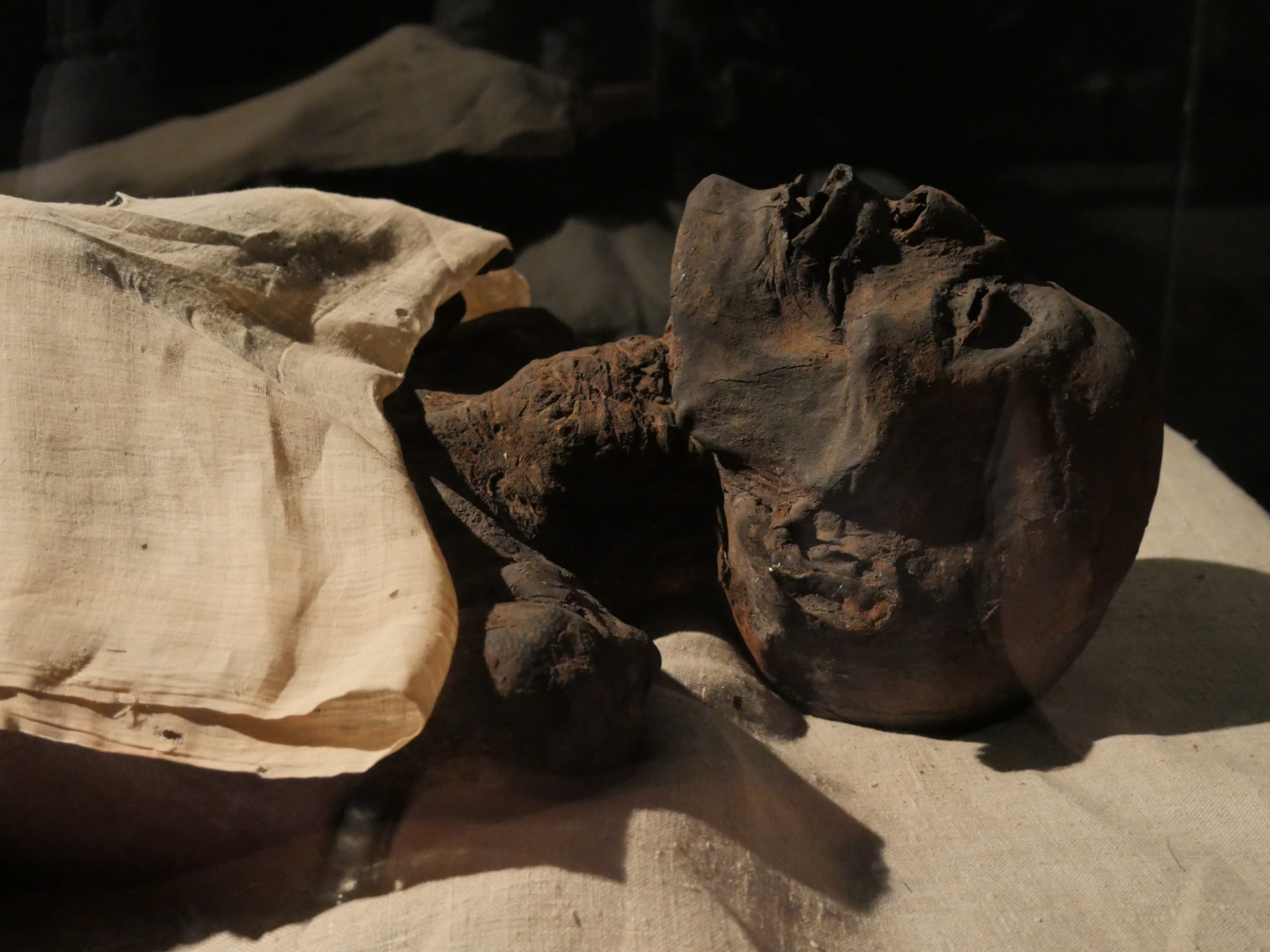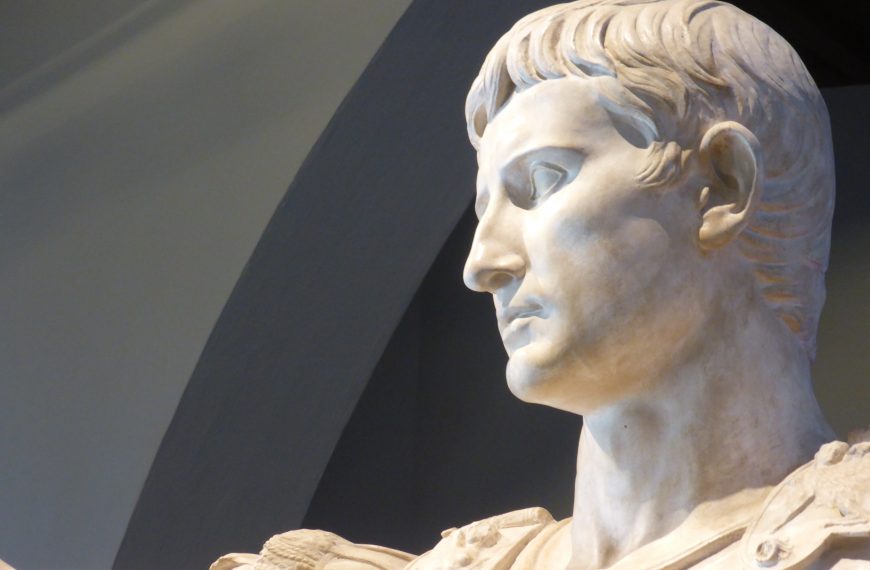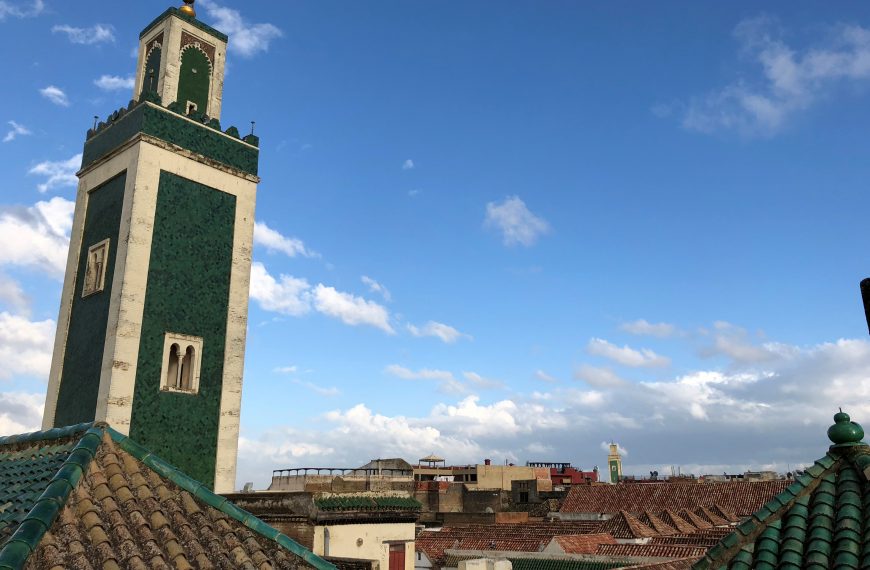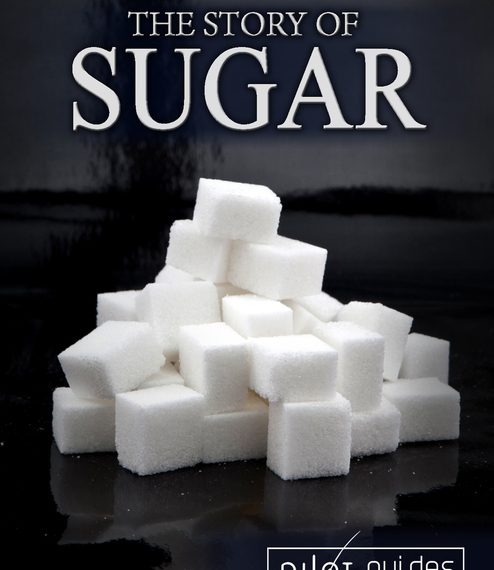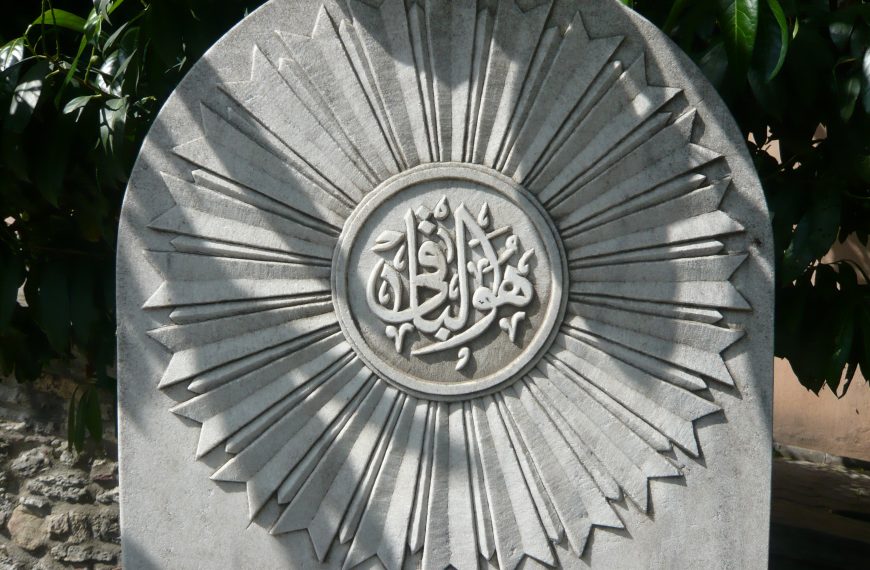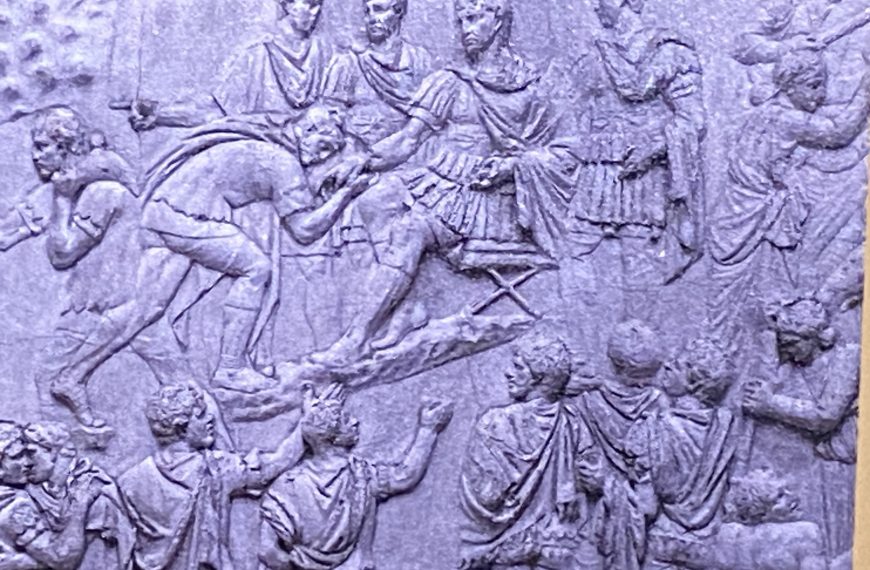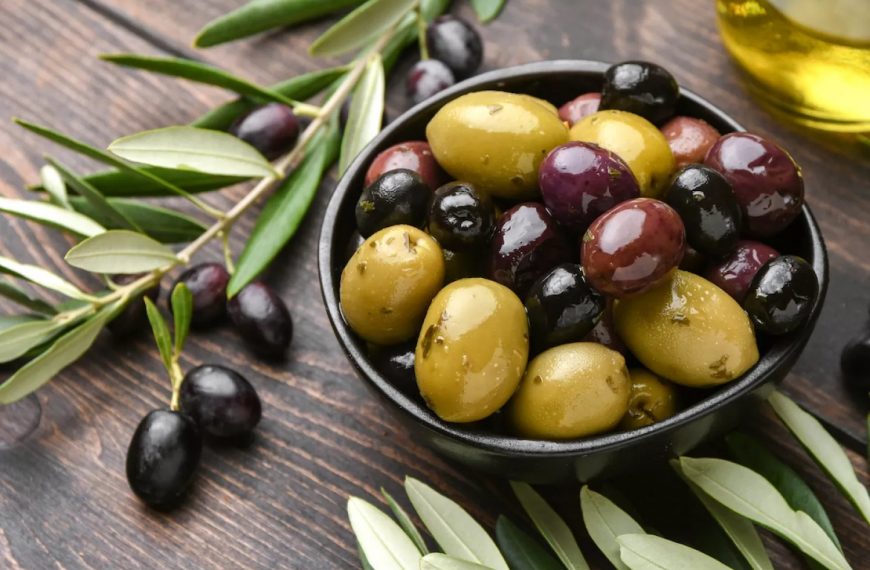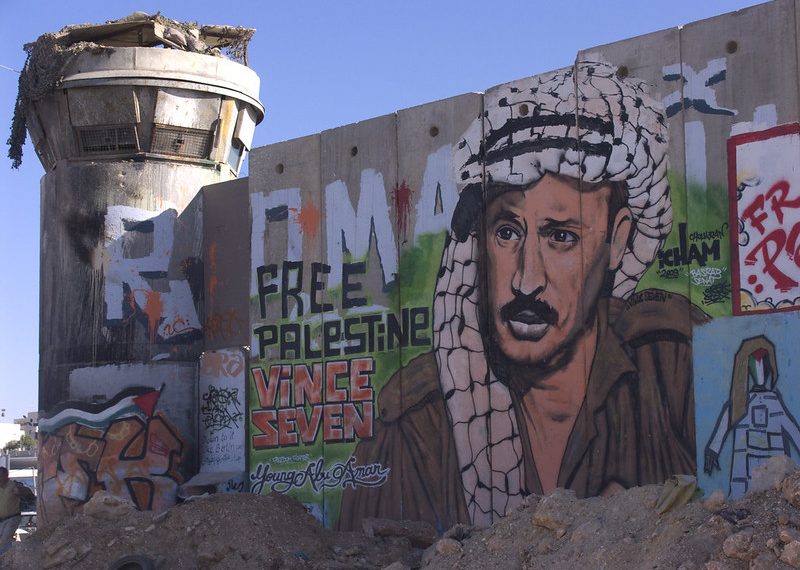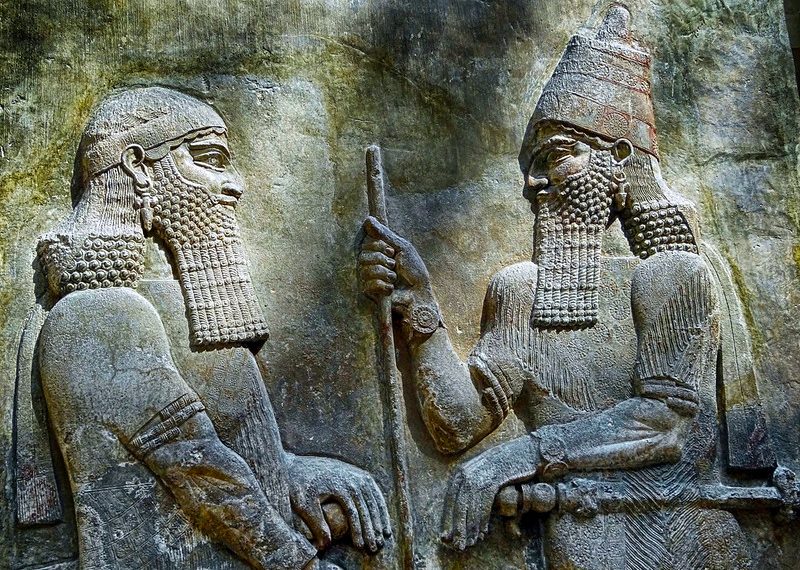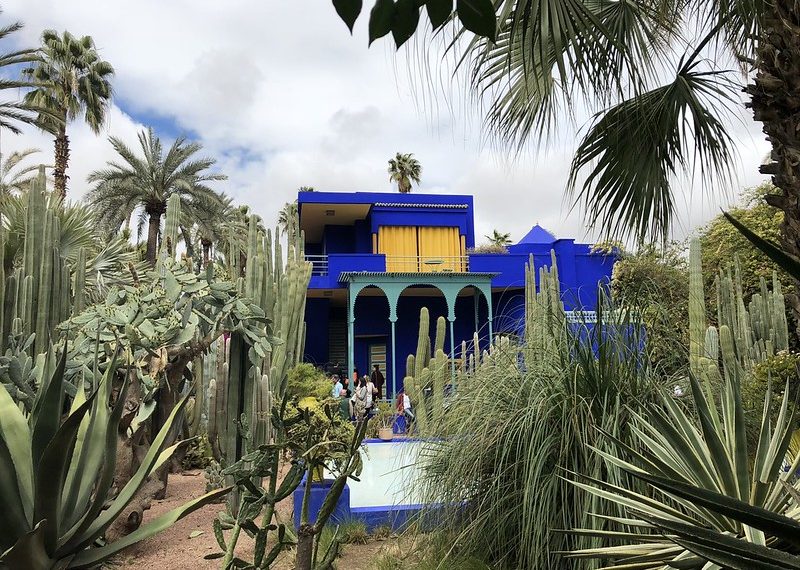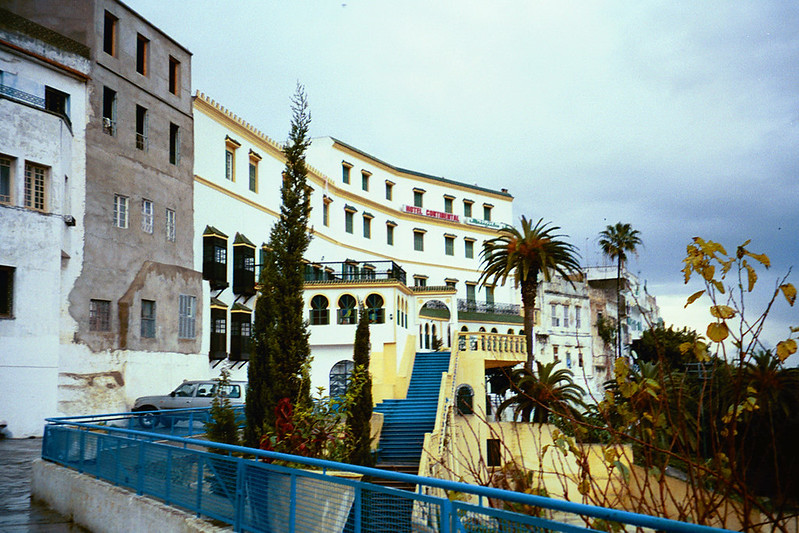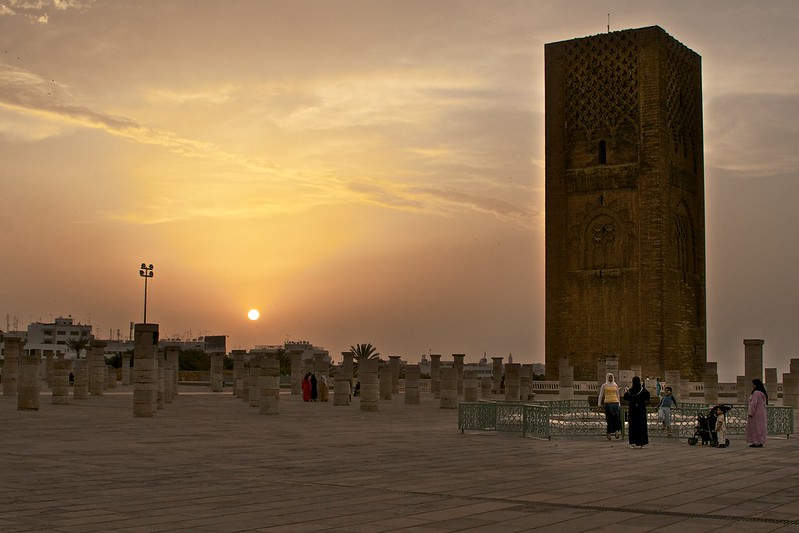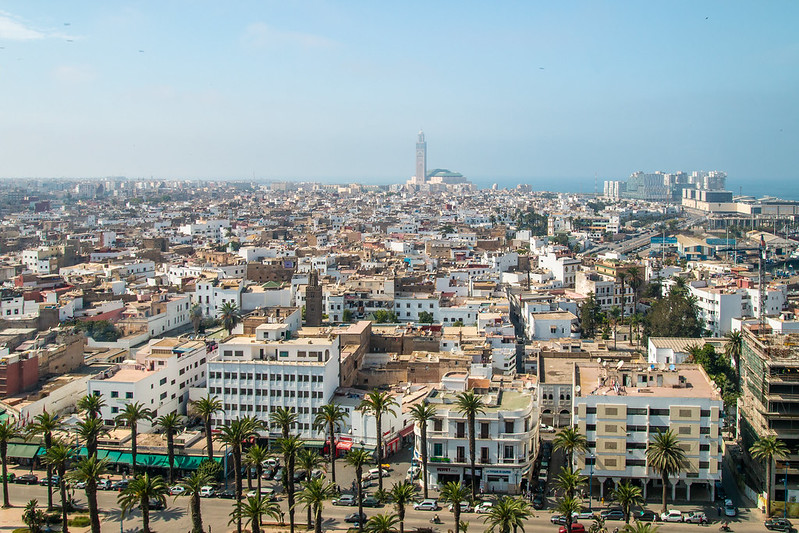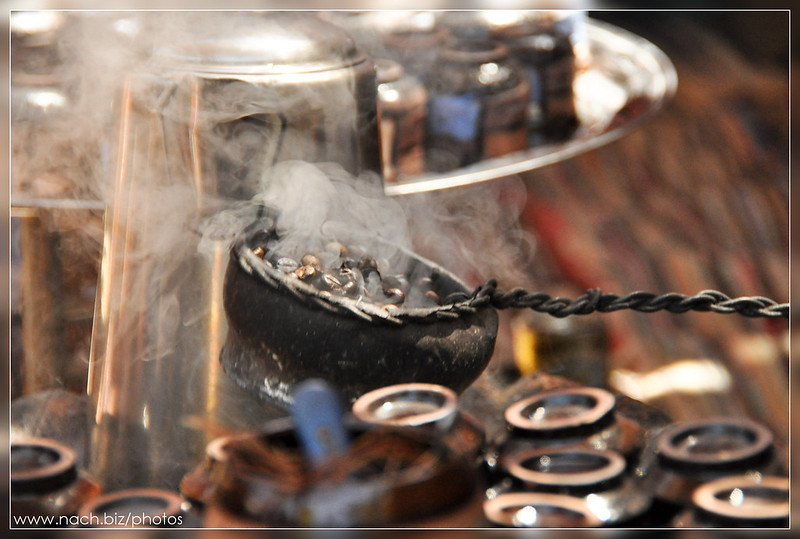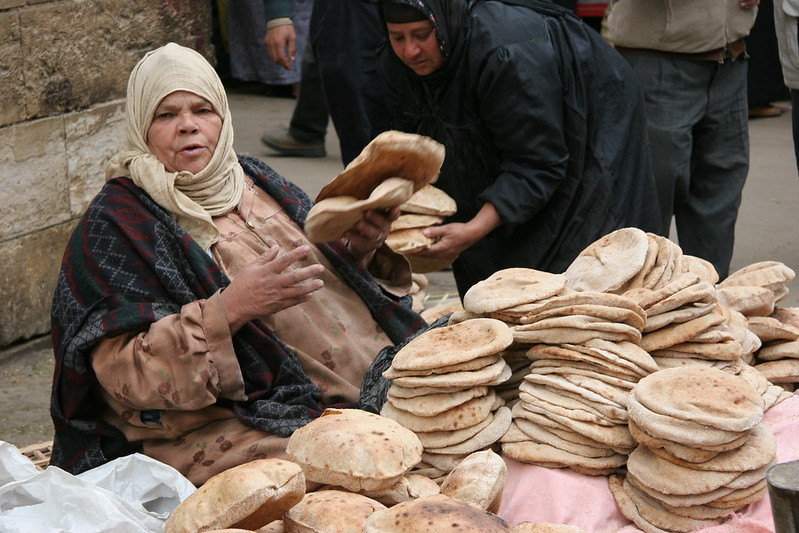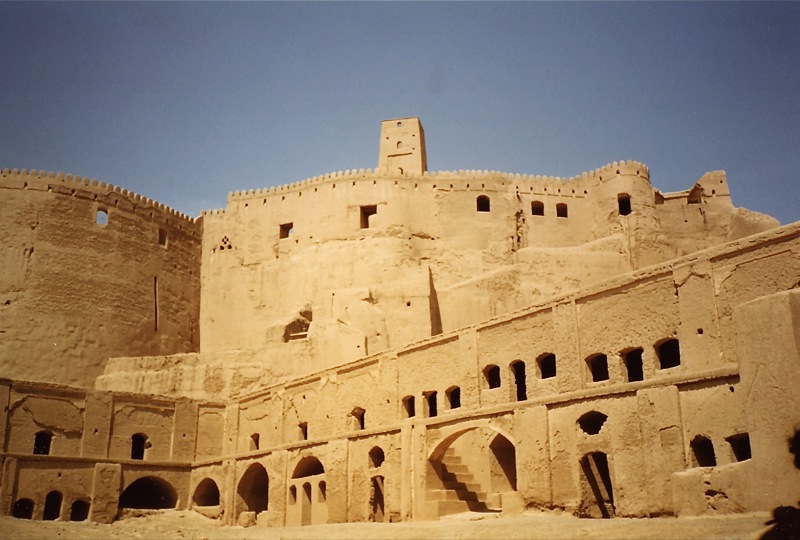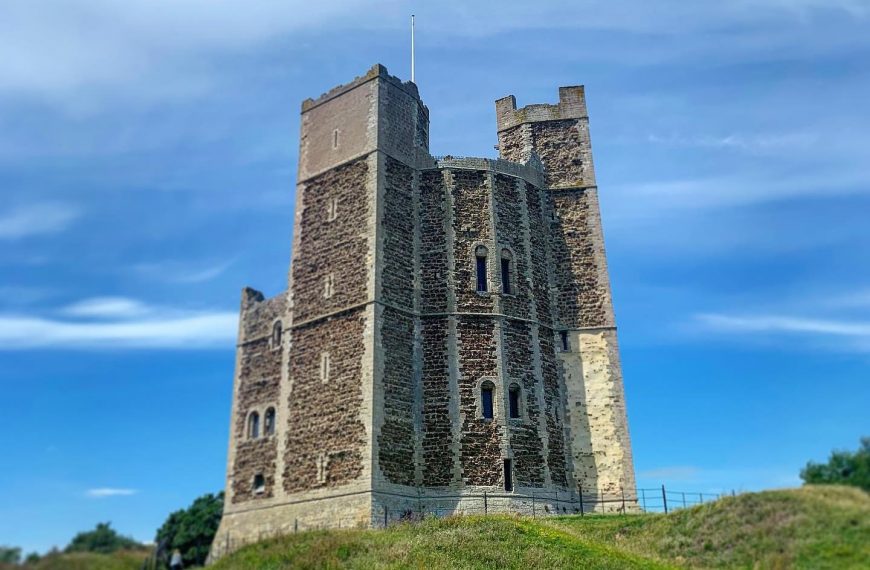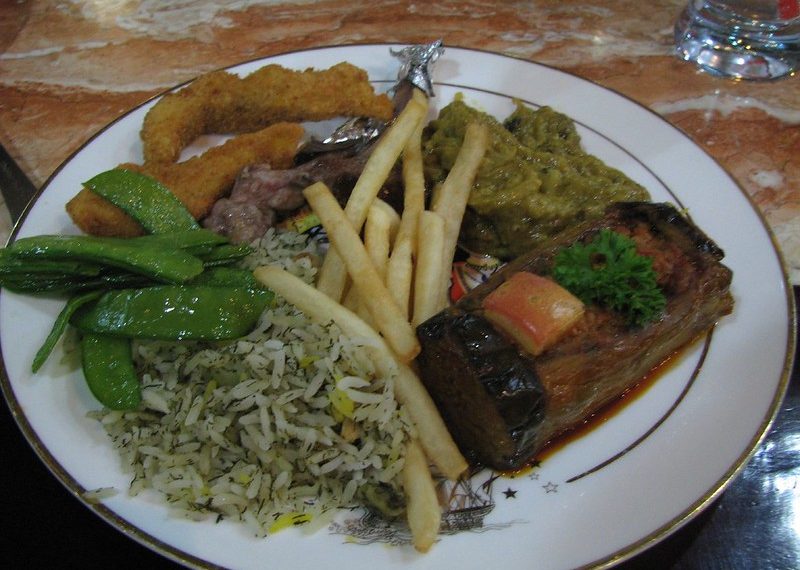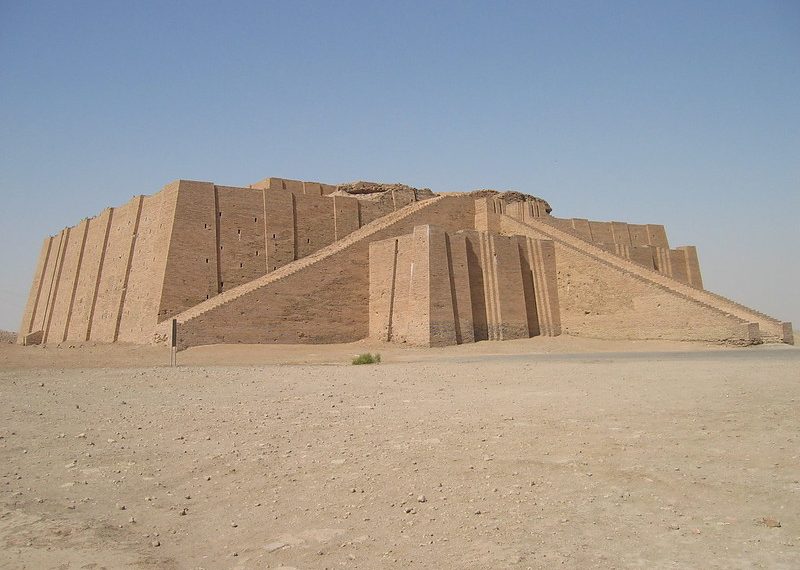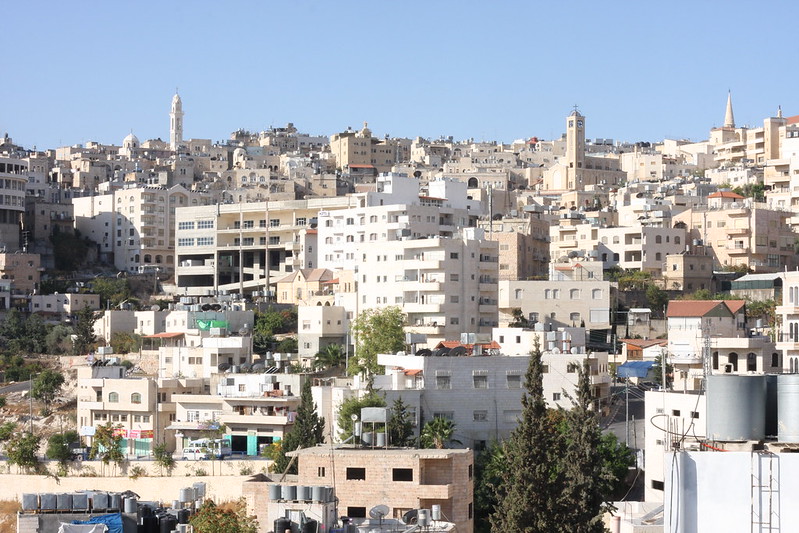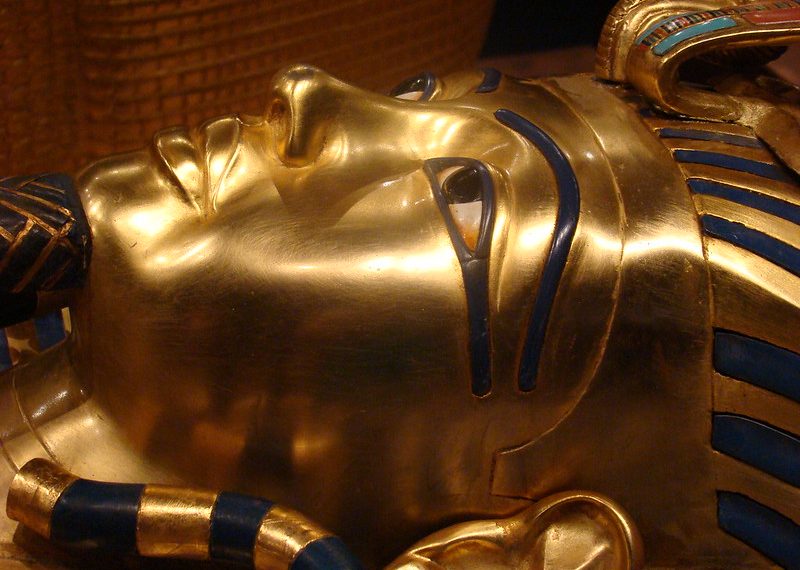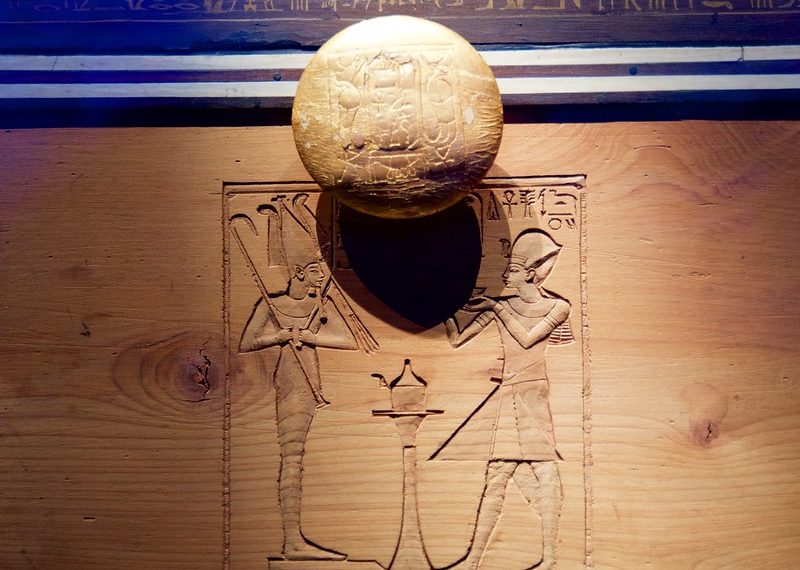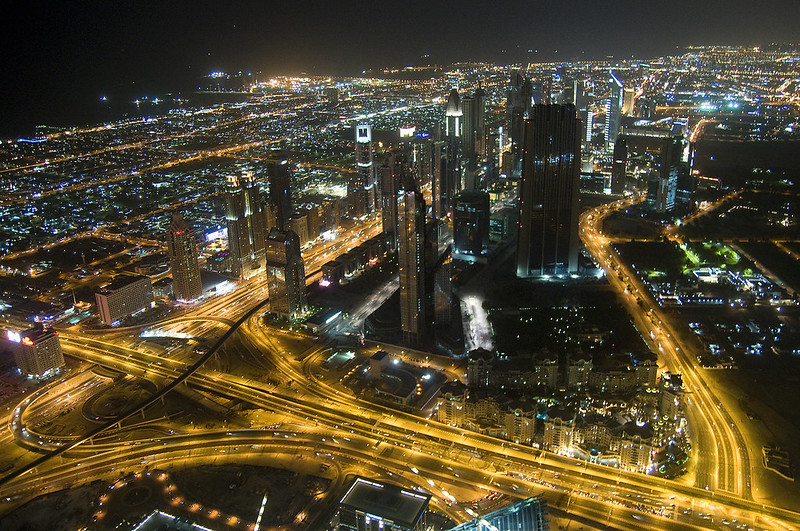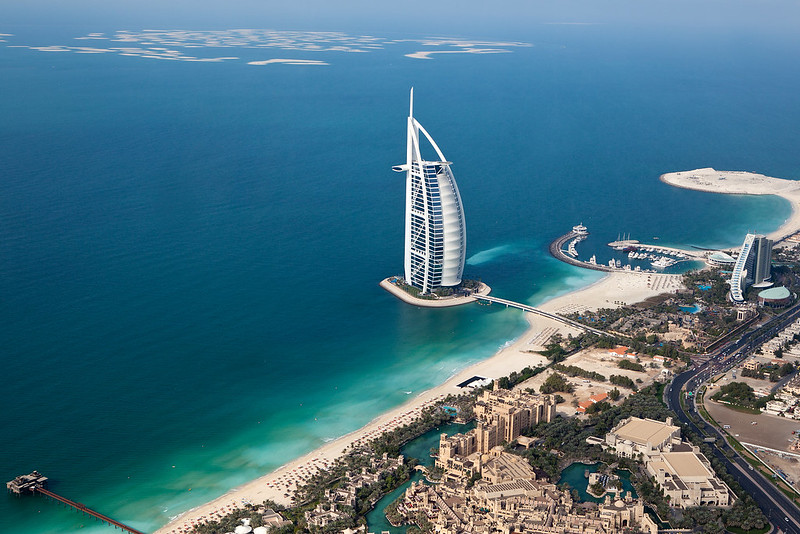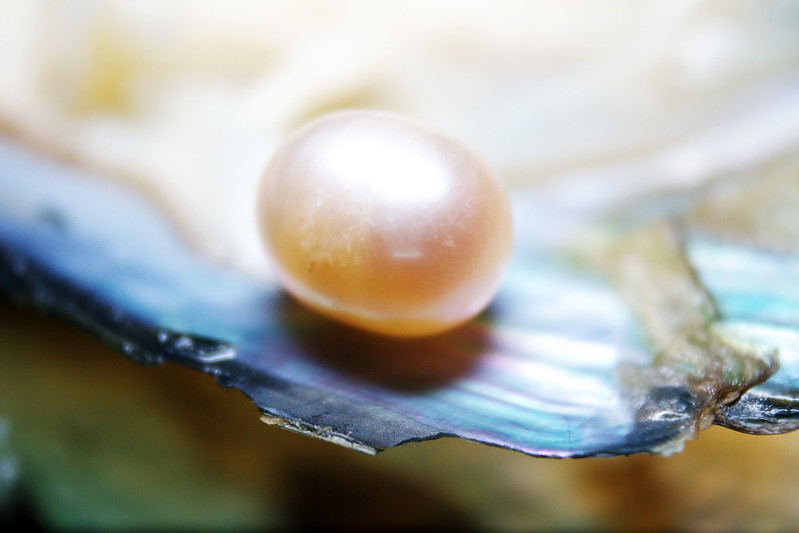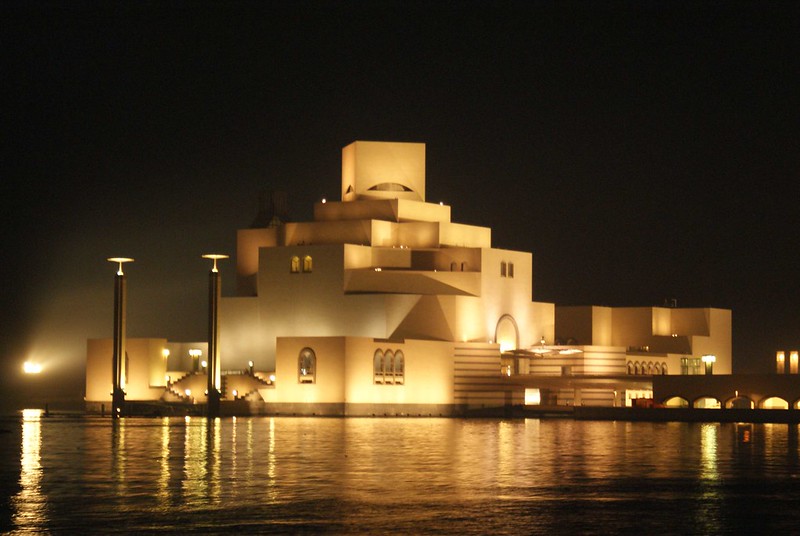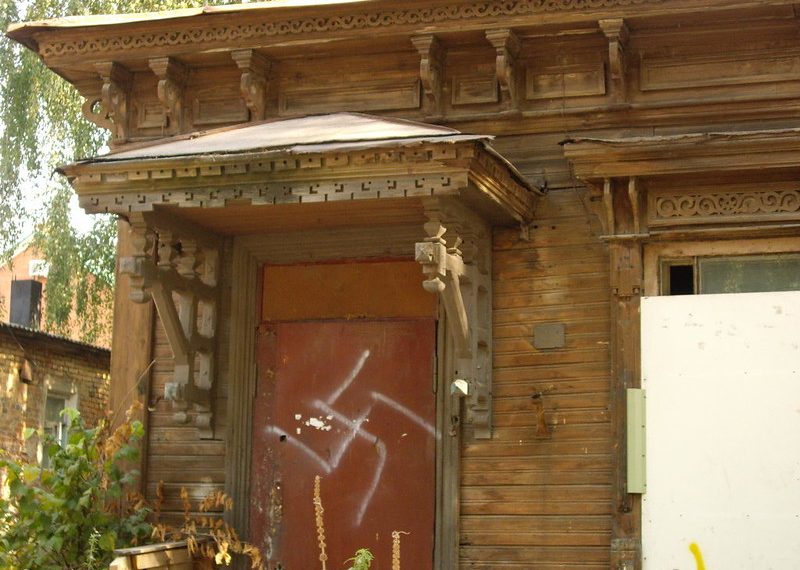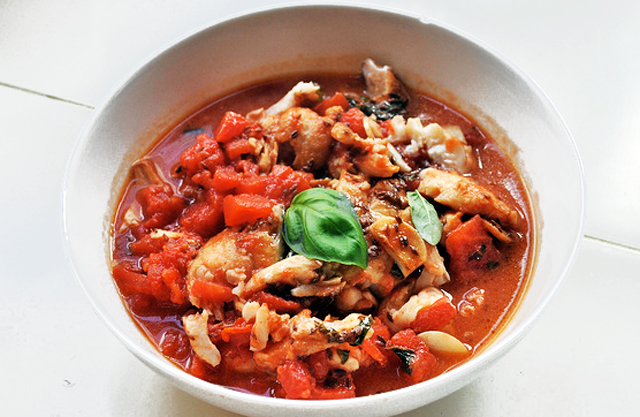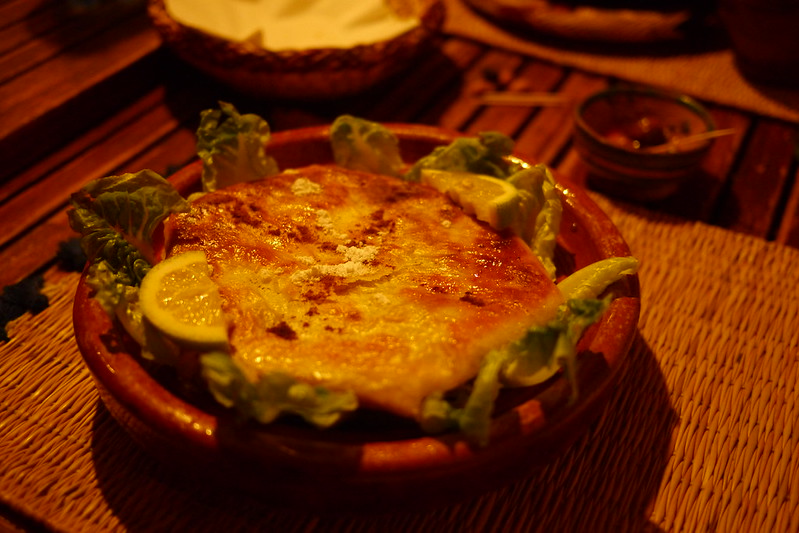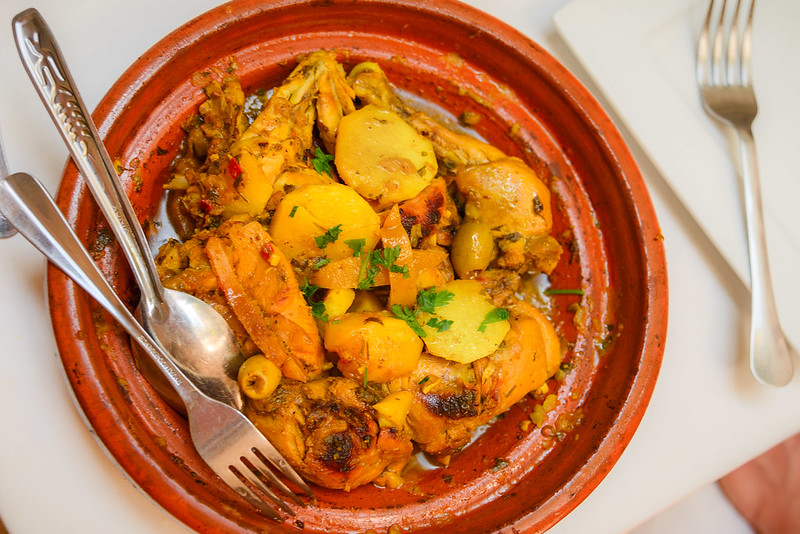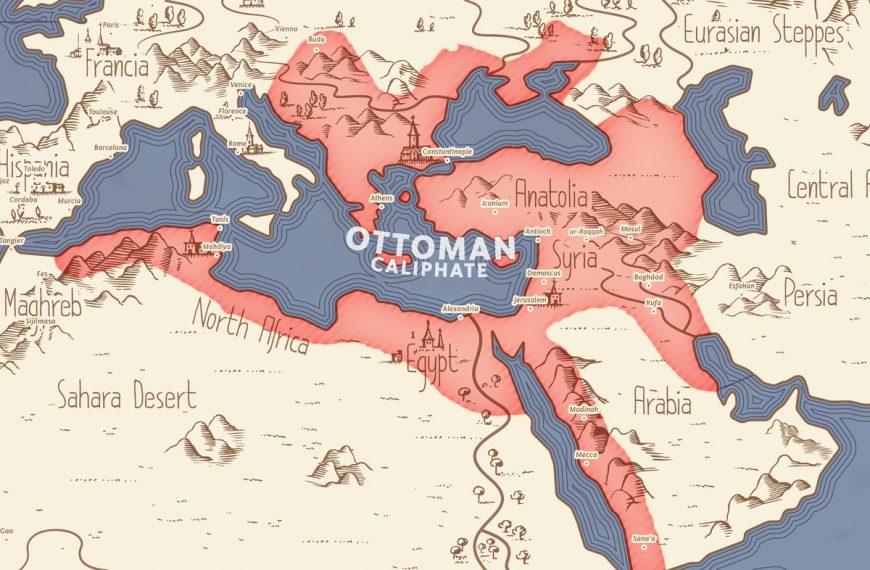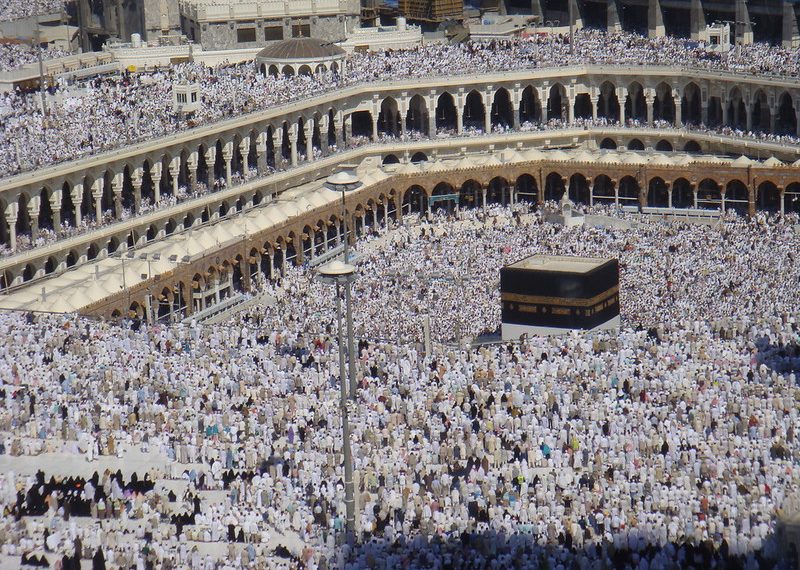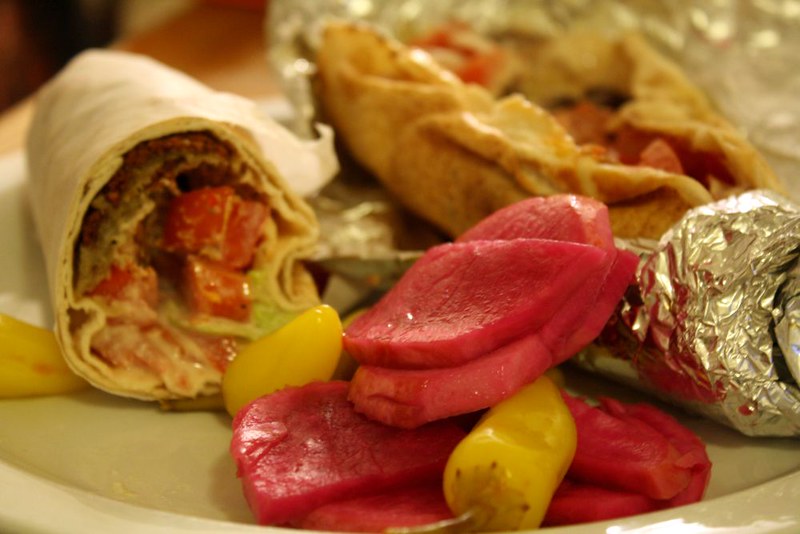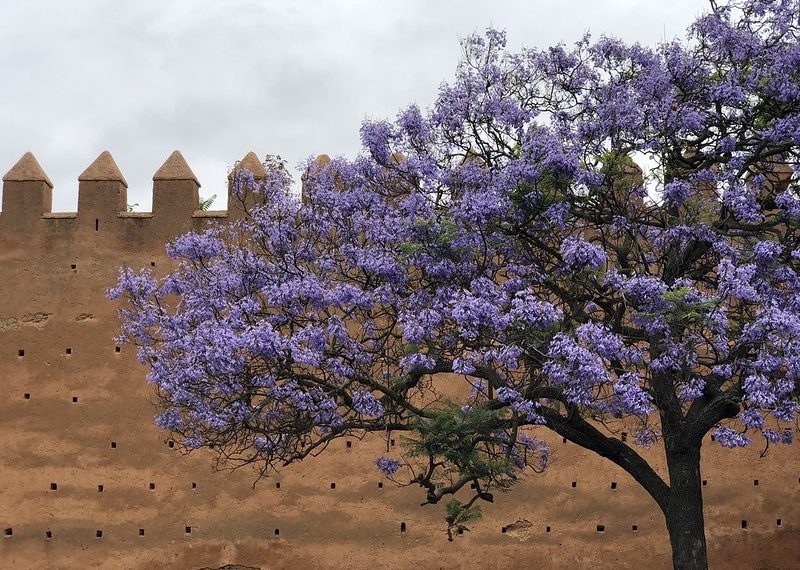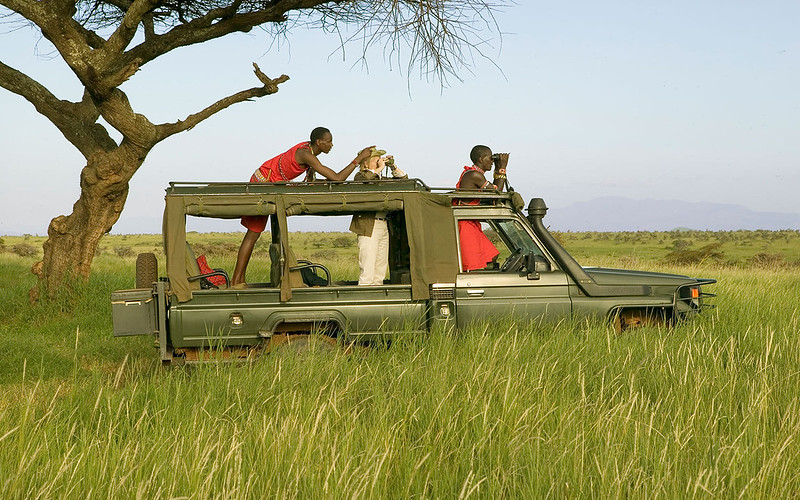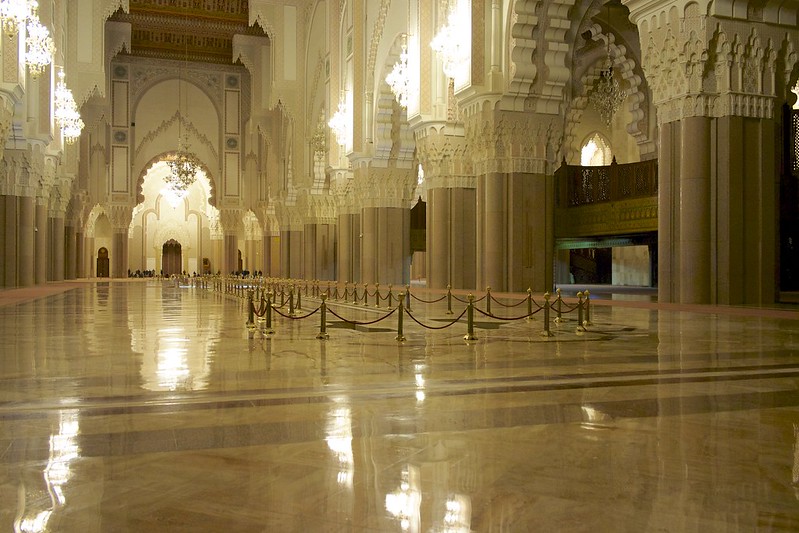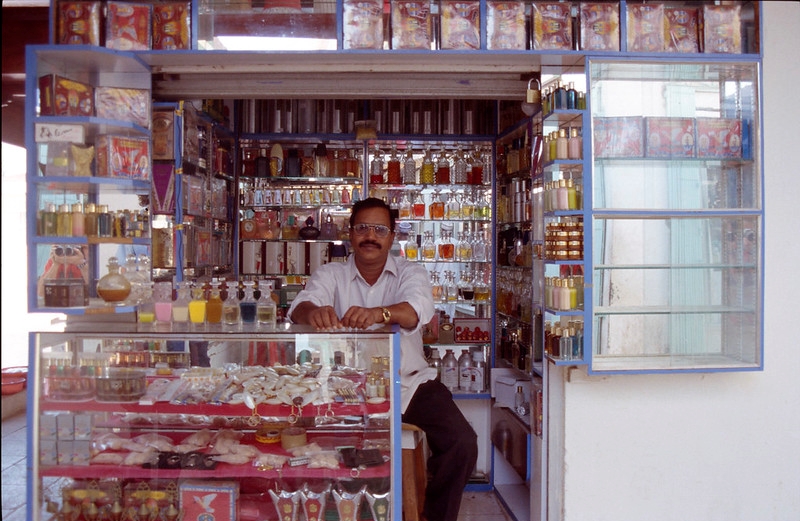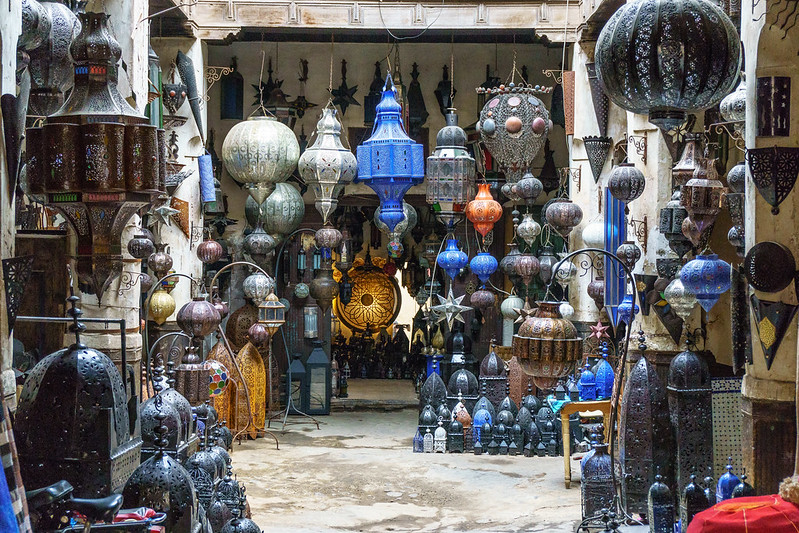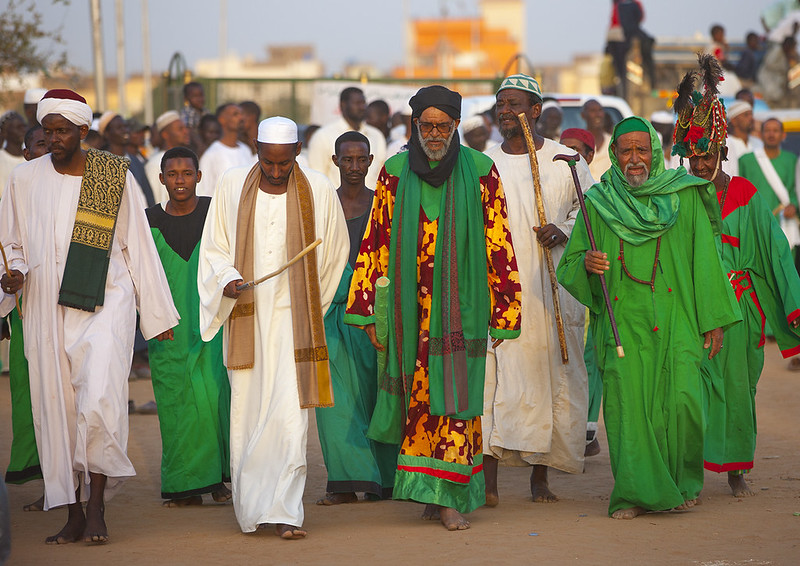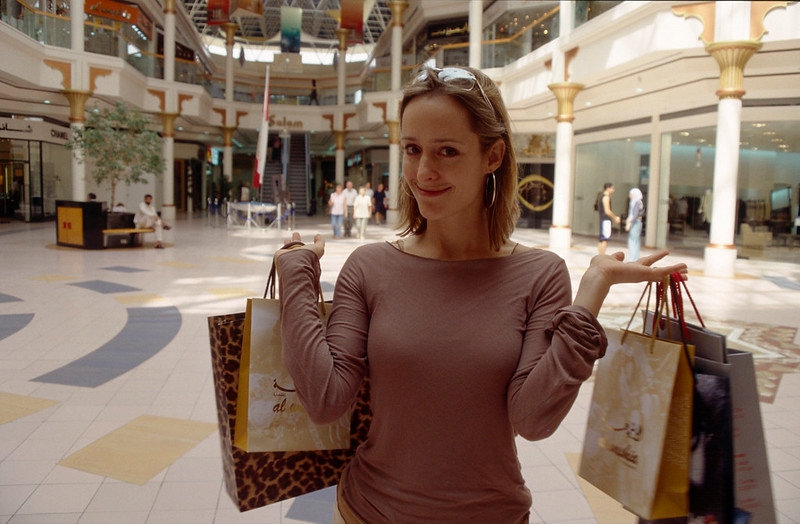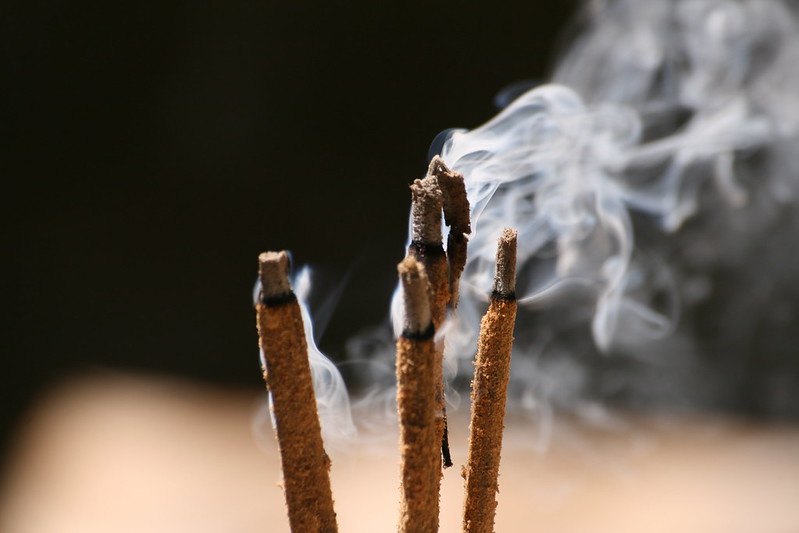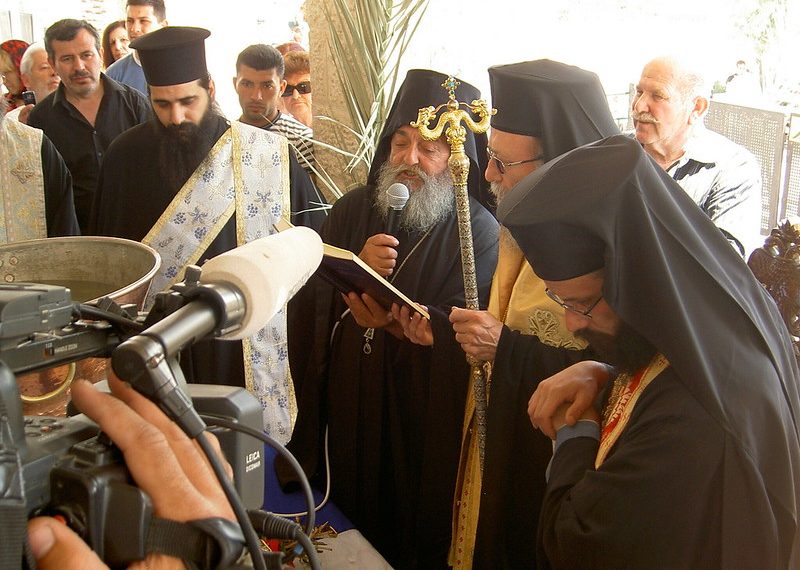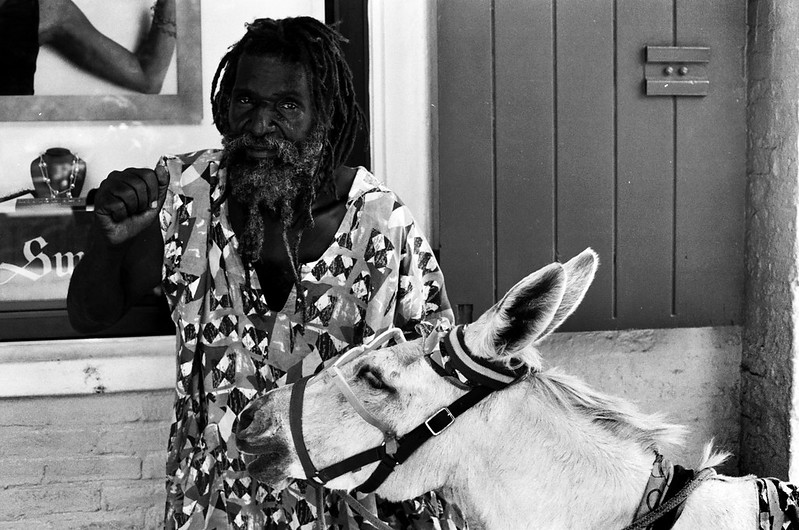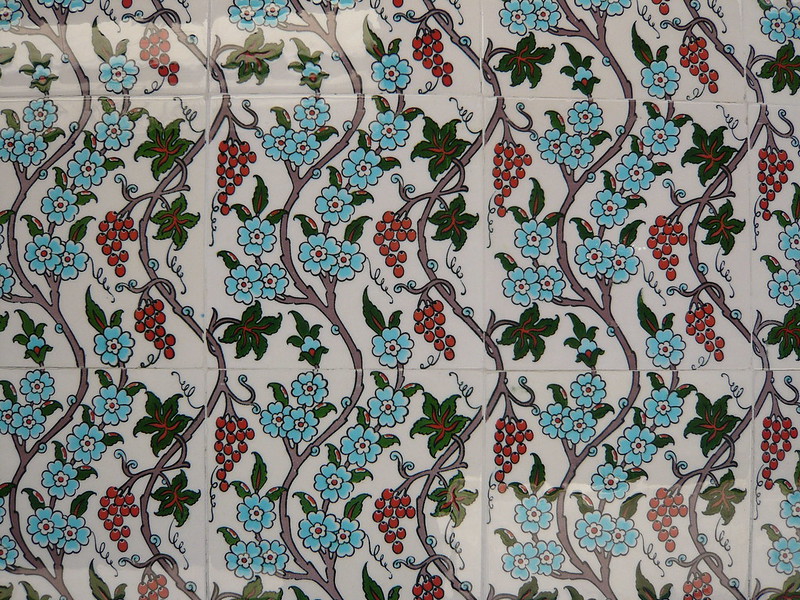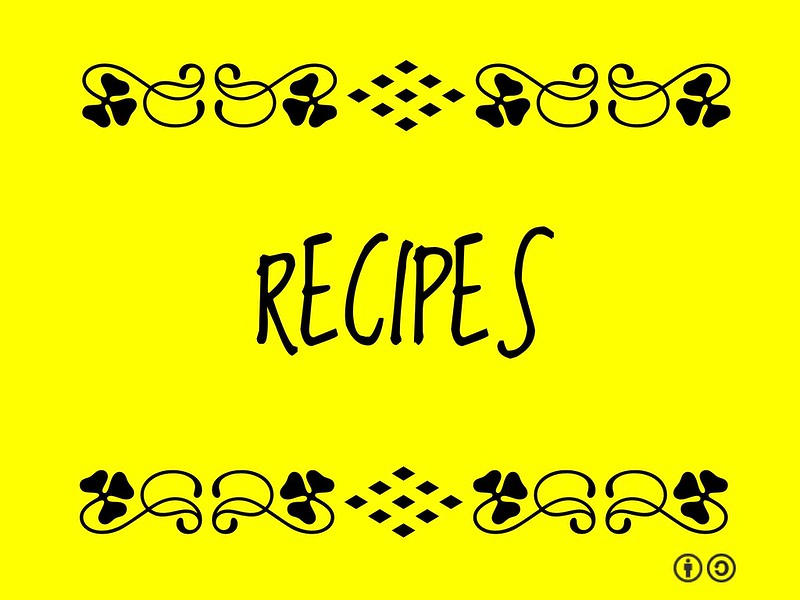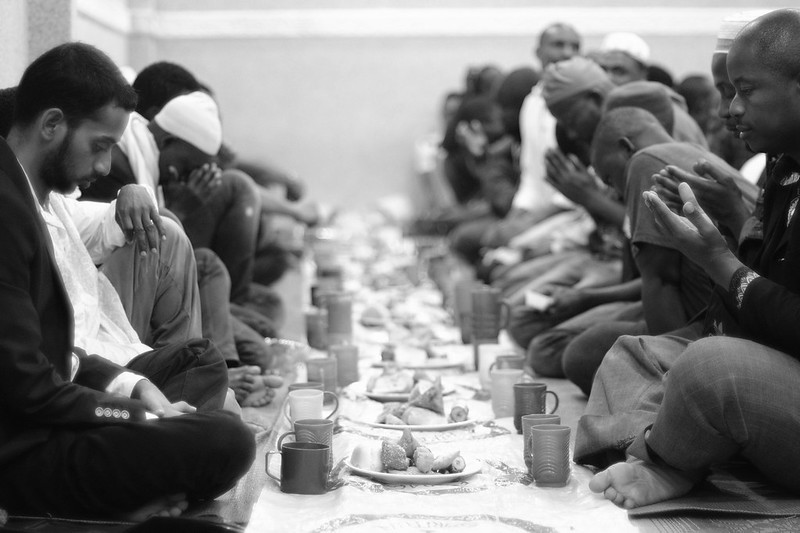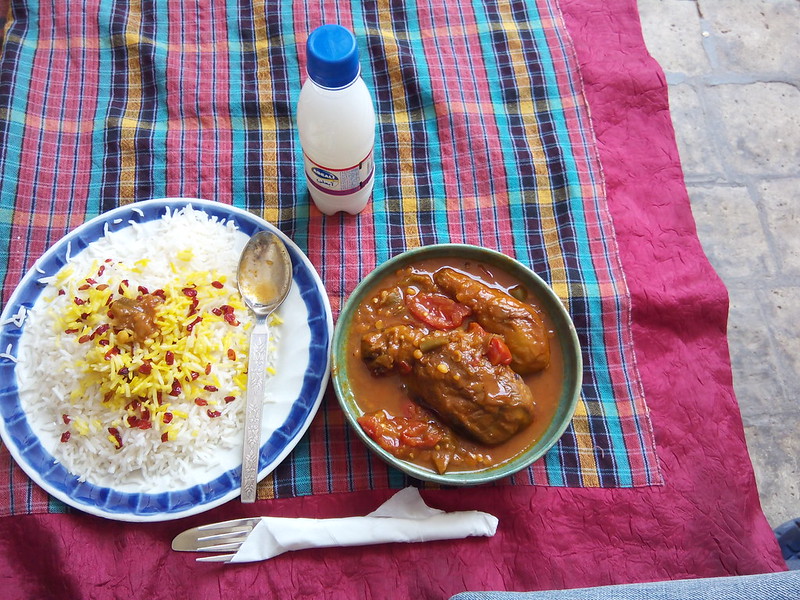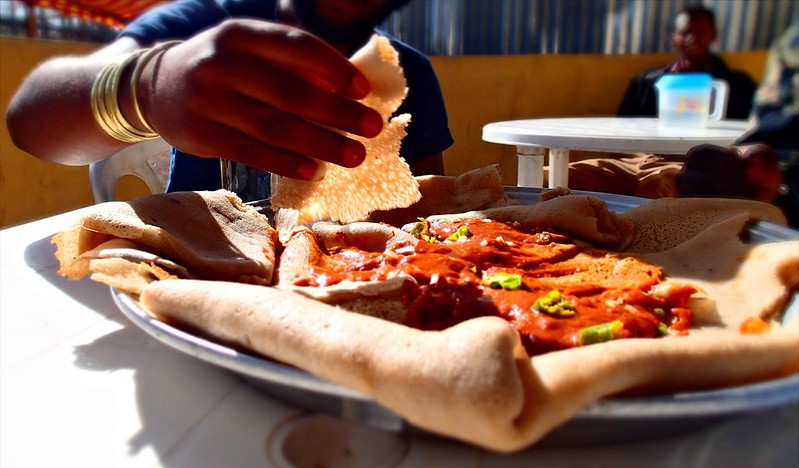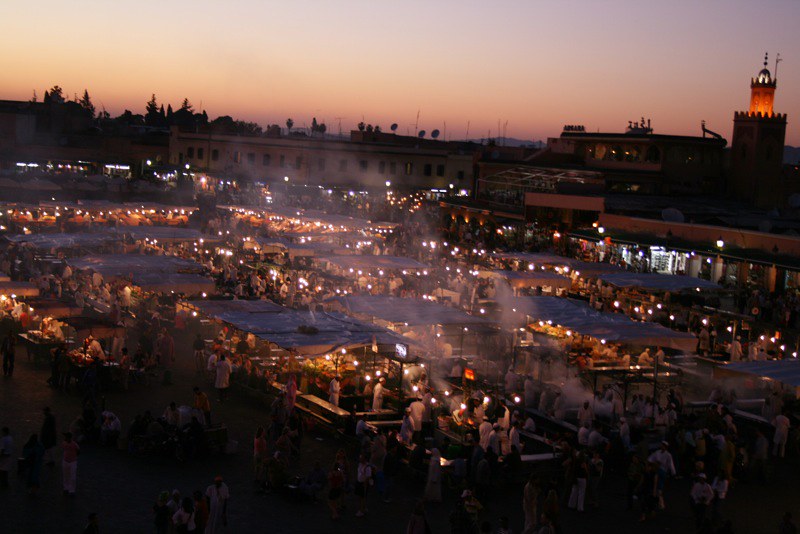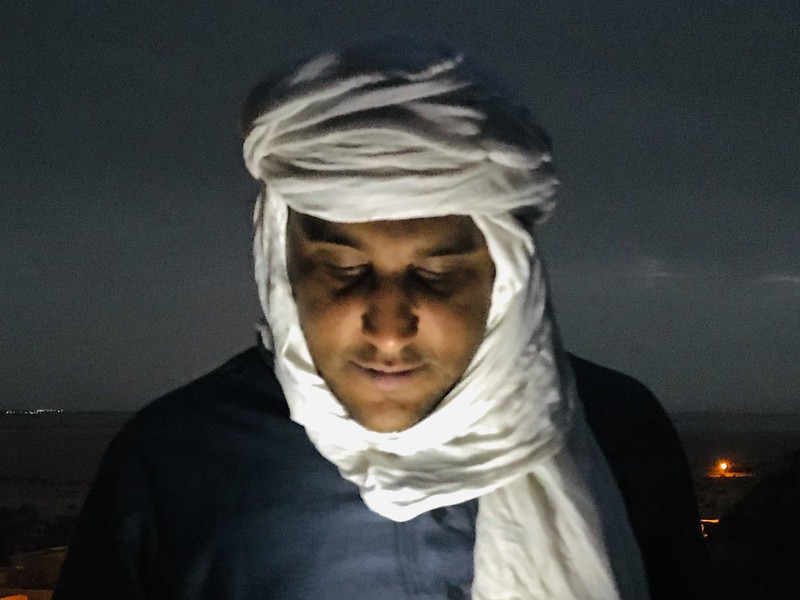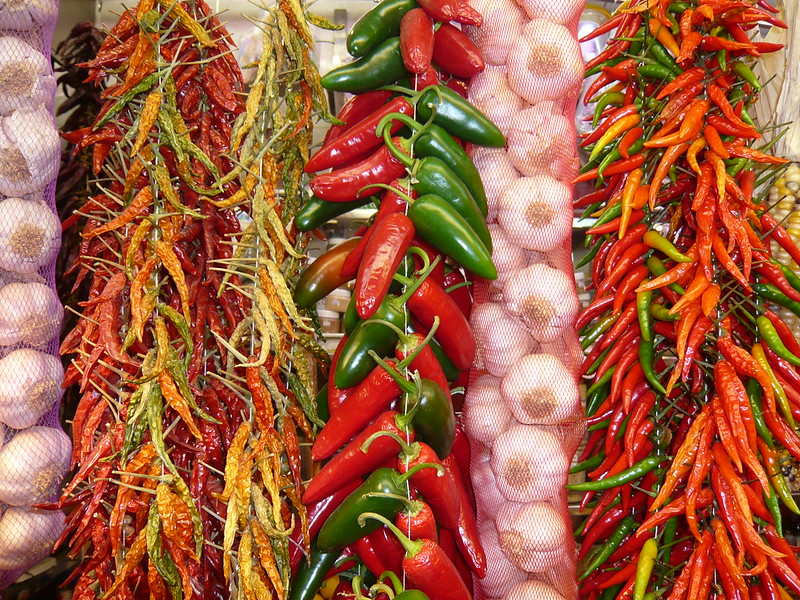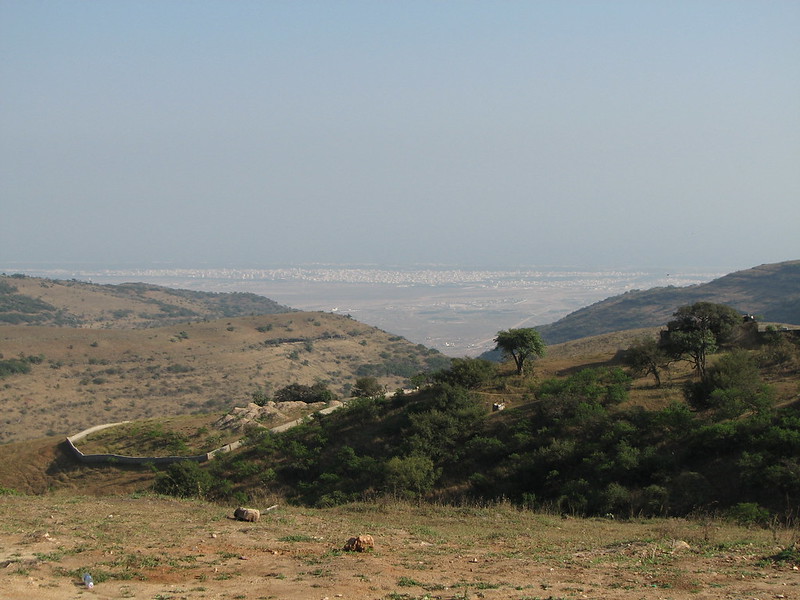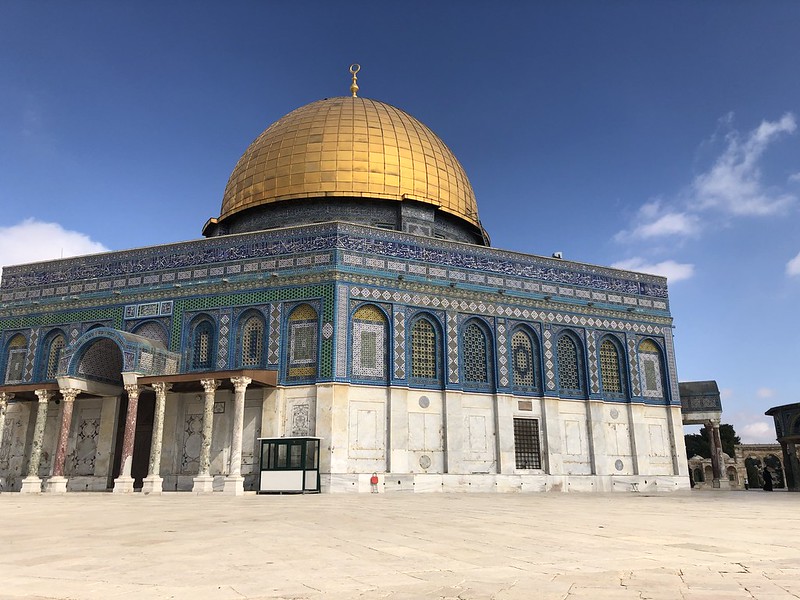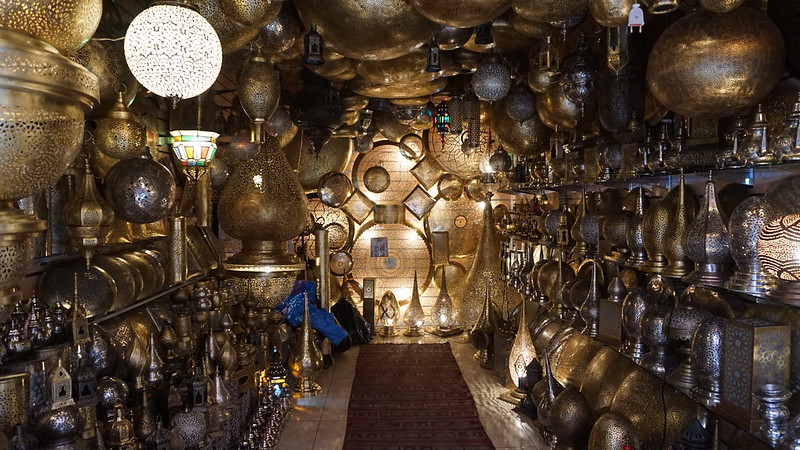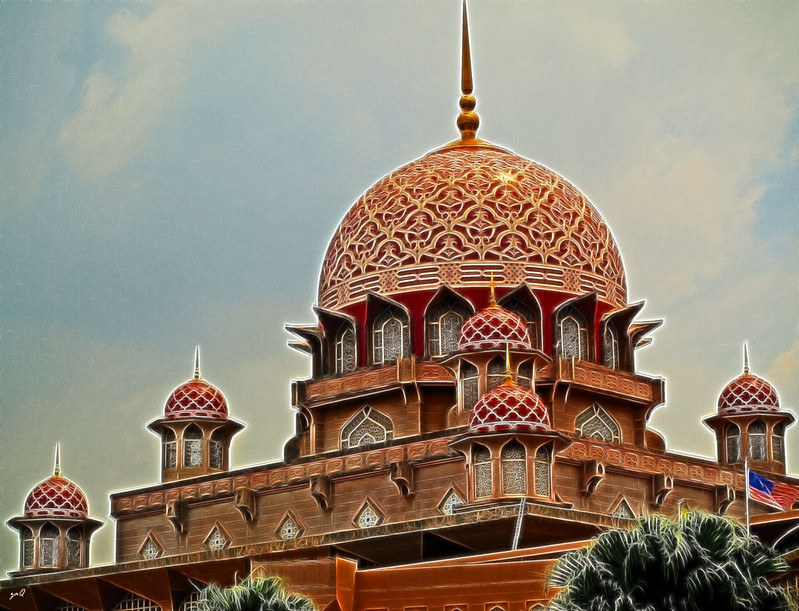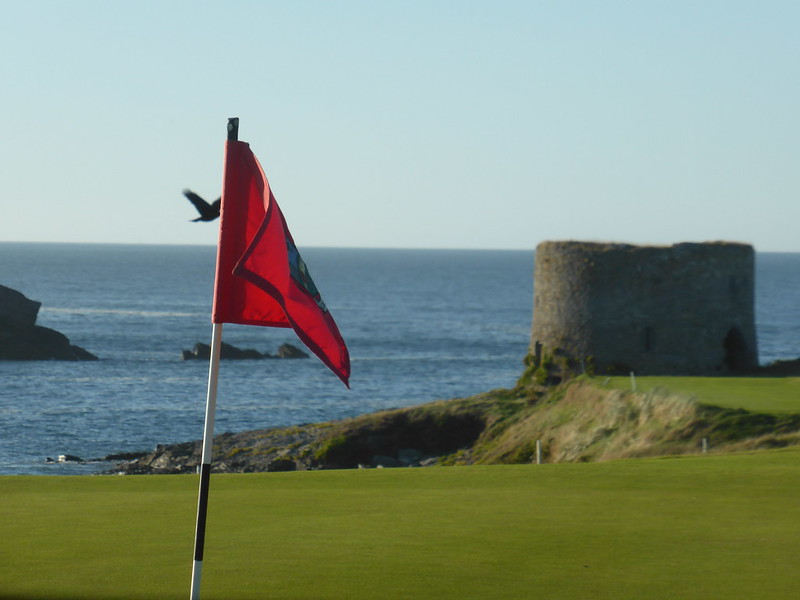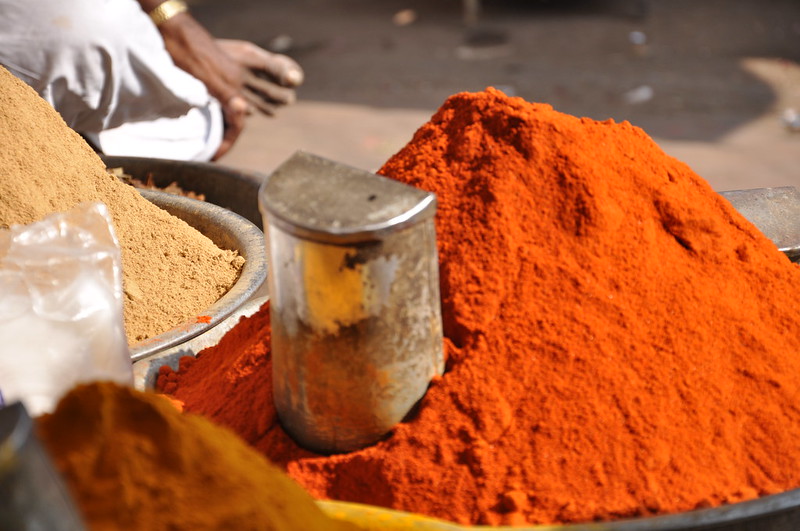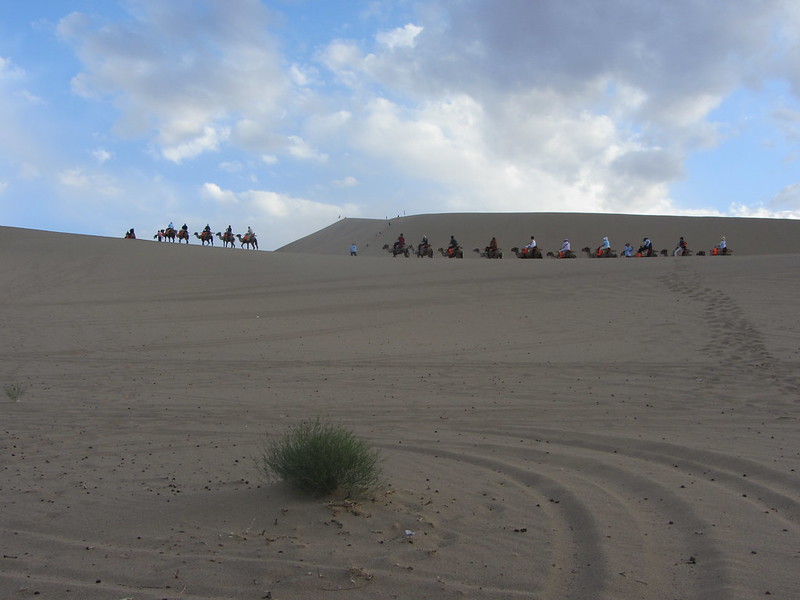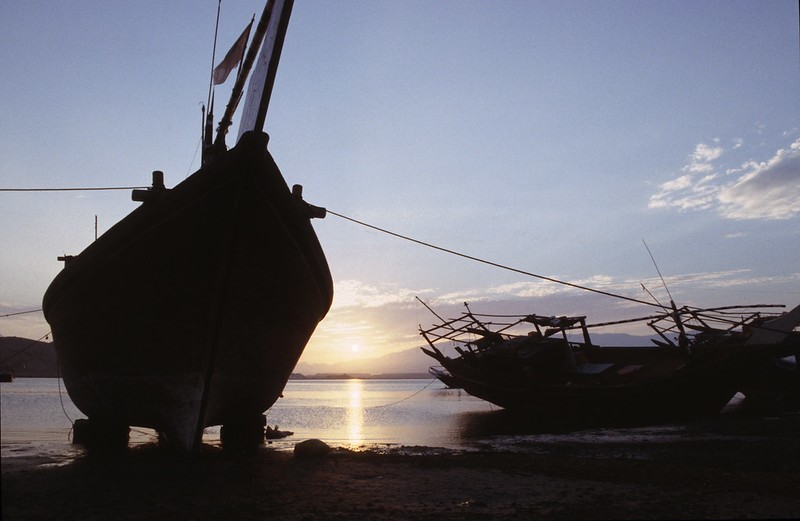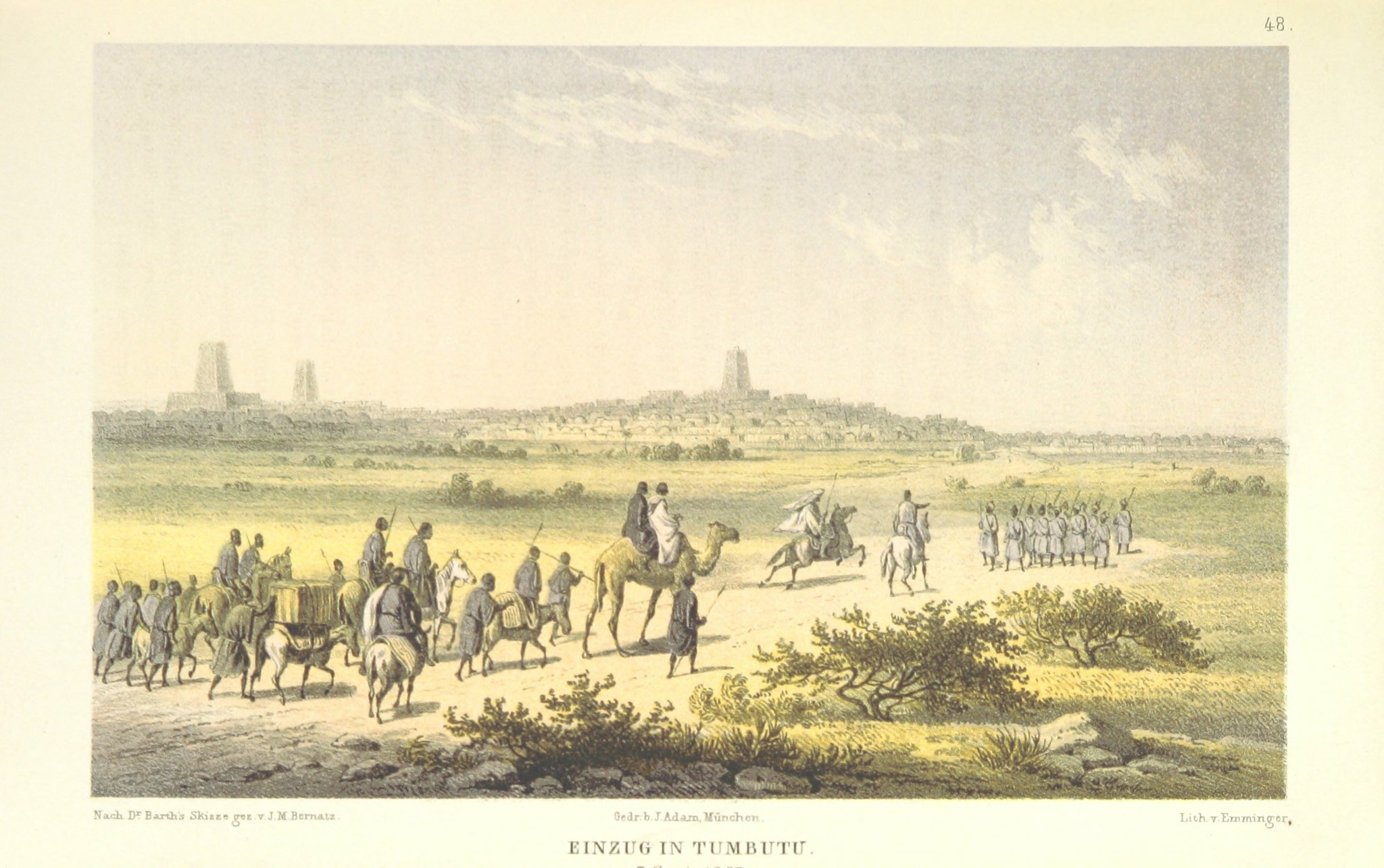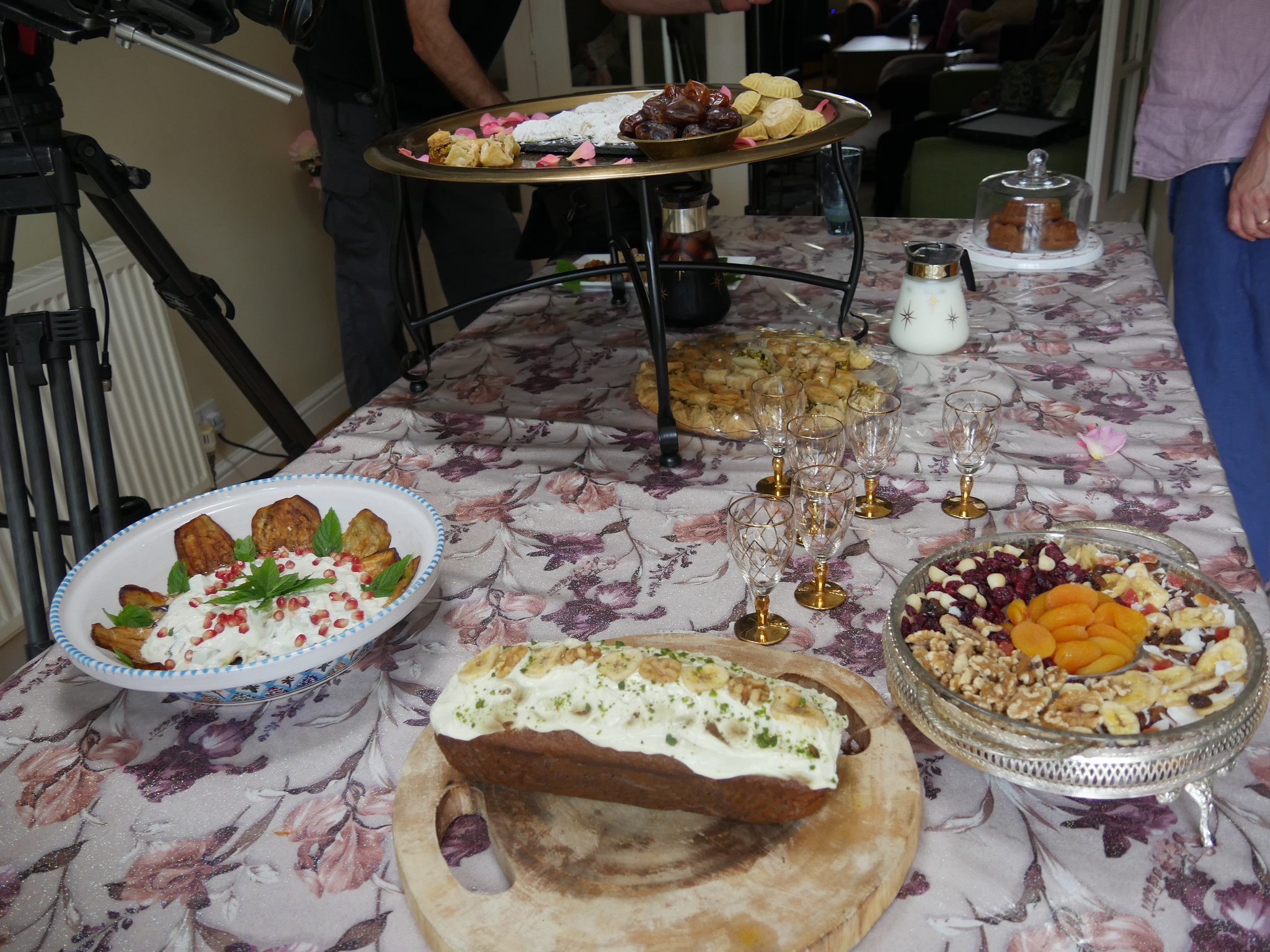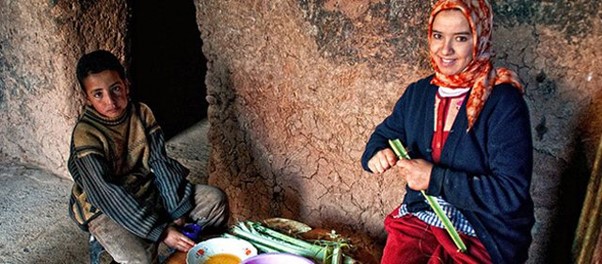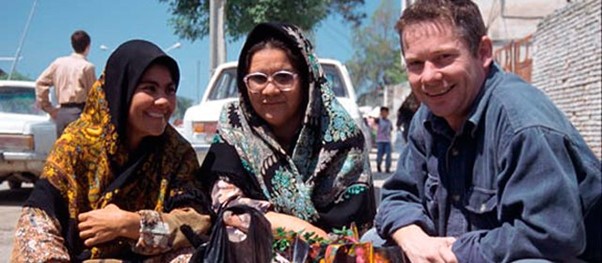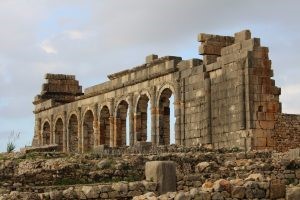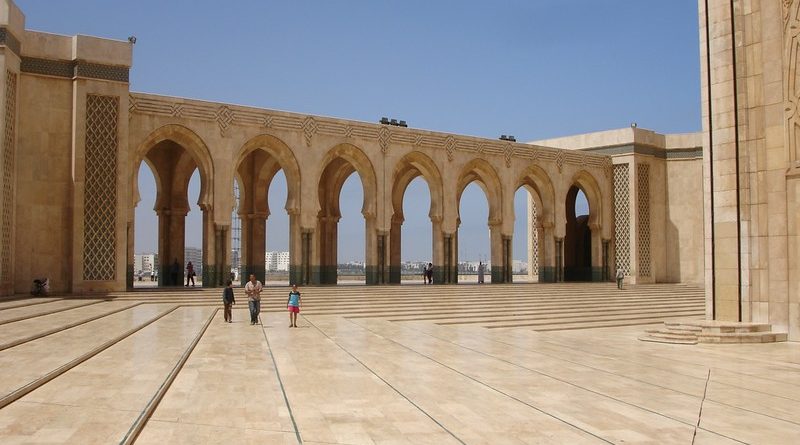
Morocco
Situated on the most northwest tip of Africa, Morocco is a tantalising country steeped in mystique and culture. It offers extraordinarily diverse cultures and activities, from beautiful trekking in the stunning High Atlas mountains and witnessing real mountain life with the friendly Berbers tribes, to desert camel trekking, or head off to the mediterranean style coastal towns of Essouria and Asilah for a relaxing retreat and a spot of windsurfing.
For culture, architecture and history you can’t beat Marrakech and Fez. Open air markets are piled high with stalls selling brightly coloured spices and irresistible local crafts. It’s easy to spend a few days just wandering around and taking in the sights, smells and atmosphere, and to spend just as long again haggling for that must have souvenir!
Read More
Weather conditions are extremely varied throughout the different areas. In the winter the mountains are extremely cold and snow covered, whilst the coastal areas are pleasantly warm. In summer, the lowland areas are very hot with temperatures reaching 100°F (39°C) in parts. The so-called rainy season is from November to April but this tends to bring only occasional light rain. The high season for trekking is mid June – mid September. There are no dress restrictions in Morocco and clothing is pretty much dictated by the regions you visit. If you’re planning to stick to the cities, coast or desert regions, then summer clothing will suffice during the day but it will be cooler at night. If you go up into the mountains during winter you’ll need to prepare for extreme cold. Although Morocco is a laid-back as far as Islamic countries go, it is still wise to respect cultural sensitivities. Thus, women should make sure they cover their arms and legs; this is best done by wearing light, cotton clothing which is available cheaply all over the country. Women who do not look Moroccan however, should expect a certain degree of hassle if not accompanied by a man, no matter how well covered-up they are. The official language is Arabic, with Berber dialects widely spoken in the countryside and mountains. Some French, Spanish and English is also spoken. Getting there: There’s no problem getting to Morocco – there are international airports at Casablanca, Tangier and Agadir and flights from the Middle East, Europe and Africa. Car ferries go to Tangier and Ceuta from Algericas in Spain and ferry trips twice a week from Gibraltar. Driving in Morocco is a dangerous affair, and people tend to drive as though they are trying to get killed! Even the car rental companies can be unreliable – the Pilot team hired a car from Casablanca to drive to Marrakech and the car ran out of petrol before we could reach the petrol station three miles away! In true Moroccan style however, in Marrakech the rental company were super-helpful and gave us a lift to our hotel. Similarly, when our van broke down on the way from Marrakech to El Jadida, children from a local village came with trays of mint tea for us. Moroccan cuisine isn’t one of the world’s most celebrated cuisines yet it’s actually distinctive, varied and very tasty. The national dish is couscous, half-baked flour formed into semolina-like grains and usually served with a casserole of vegetables and mutton. Tagine is another favourite, a slowly simmered stew that’s served up in all manner of ways: tangine de viande is a mutton stew with vegetables and tagine de poisson is usually made with bream or sardines cooked up with tomatoes and herbs. Sweet mint tea is the national drink while Moroccan wine is produced in three regions of the country and is available in licensed restaurants. The currency of Morocco is the Dirham, very approximate conversions are: US $1 = 11 Dirhams Currency rates change daily.For up to date currency information, check the Currency Converter. If you’re on a tight budget, US$ 20 – 25 should suffice, but if you want a bit more luxury allow US$30 – 35. Imported goods are quite expensive; a beer will cost around US$3. Always make sure you have plenty of spare change in your pocket. Giving alms is very common in Morocco and those with more give to those with less regularly. Citizens of the US, Australia, New Zealand and most EU countries do not need a visa and on arrival will be granted the right to stay for 90 days. As well as taking the usual precautions where eating and drinking are concerned (choosing places that look busy, avoiding ice in drinks etc) you should also wash your hands as frequently as possible – westerners are not used to Moroccan germs and bugs and even accidentally putting your fingers in your mouth can make you very ill indeed. Although bartering for everything can be exhausting, it can also be a lot of fun! Take everything with a smile, take your time, and accept the mint tea that you’ll be offered – but only if you have a serious intention to buy. Never act interested in something that you know that you won’t end up buying – this could lead to more hassle than you can possibly dream of. Although the hassle in the cities’ markets can be wearing, the Moroccan experience is extremely rewarding. The people are genuinely friendly and helpful. Do not be disheartened when someone who has just helped you asks you for money – they would do this if you were Moroccan too. By Debbie Fabb & Lora GalantiniClimate
Dress
Language
Travel
Getting around: Train is the best way to navigate Morocco; the ONCF operates one of the most modern rail systems in Africa. Train travel is by far the best way of getting around the country. Trains are cheap, frequent and comfortable. For example you can travel first class from Rabat to Casablanca for the equivalent of just $7 US per person. You can make overnight journeys in the sleeping cars. Buses are another option, since there’s widespread, efficient network spanning most of the country.Food
Cash
UK £1 = 16 Dirhams
Euro €1 = 12 DirhamsVisas
Health
Travellers Tips

